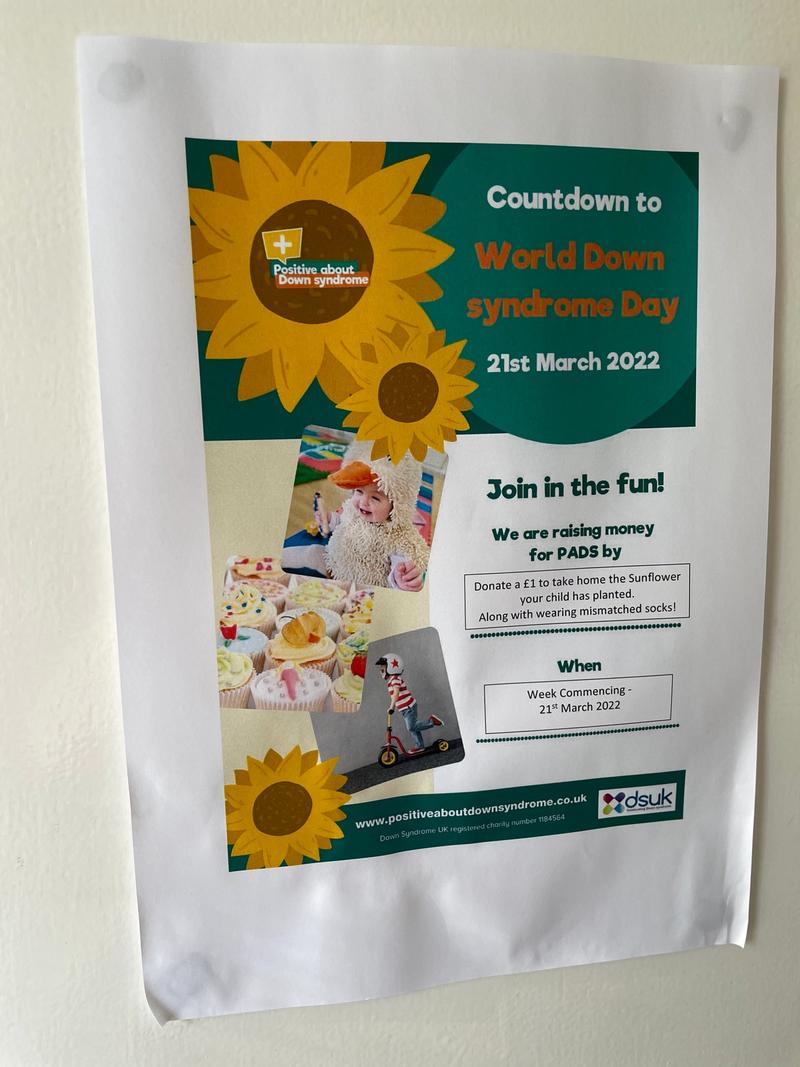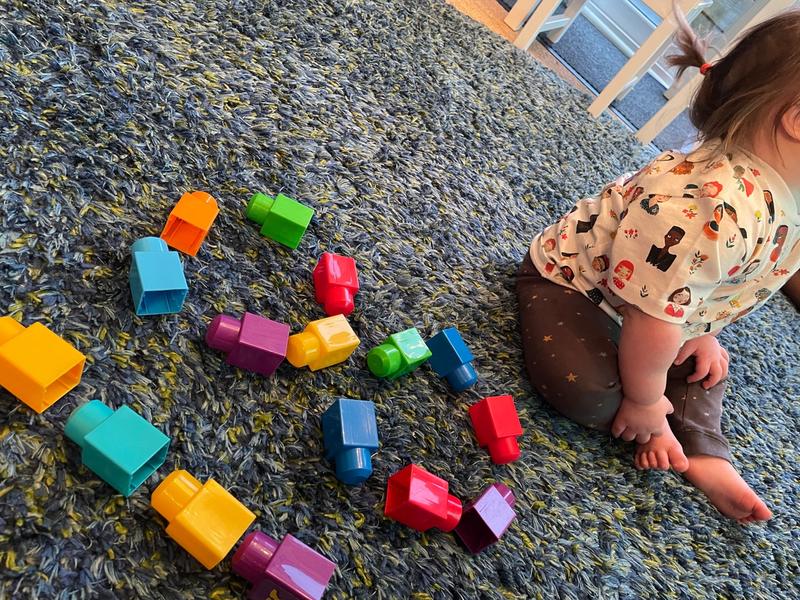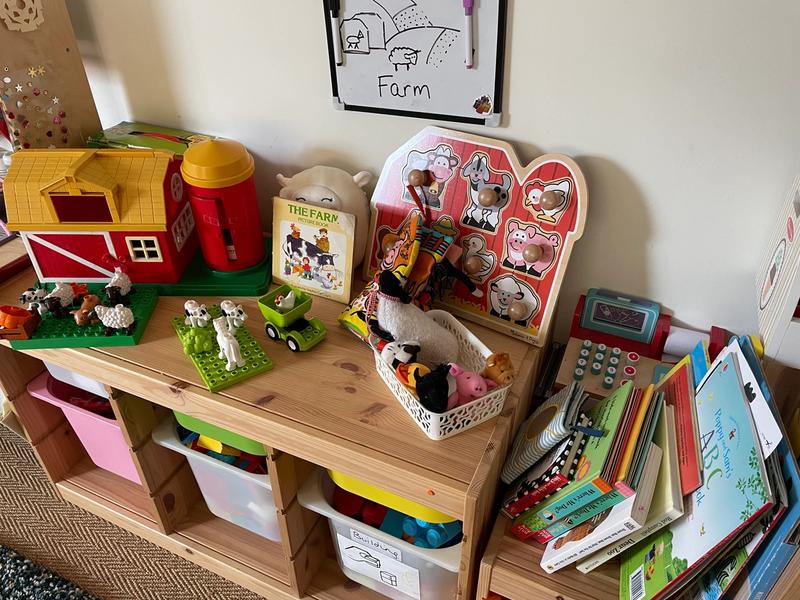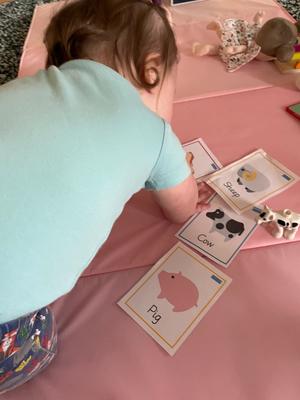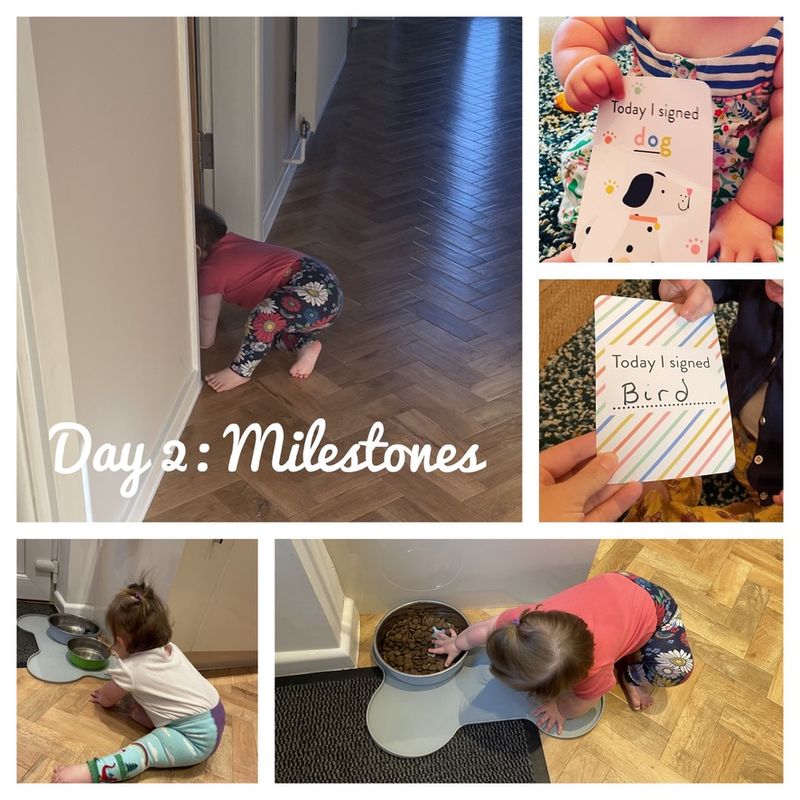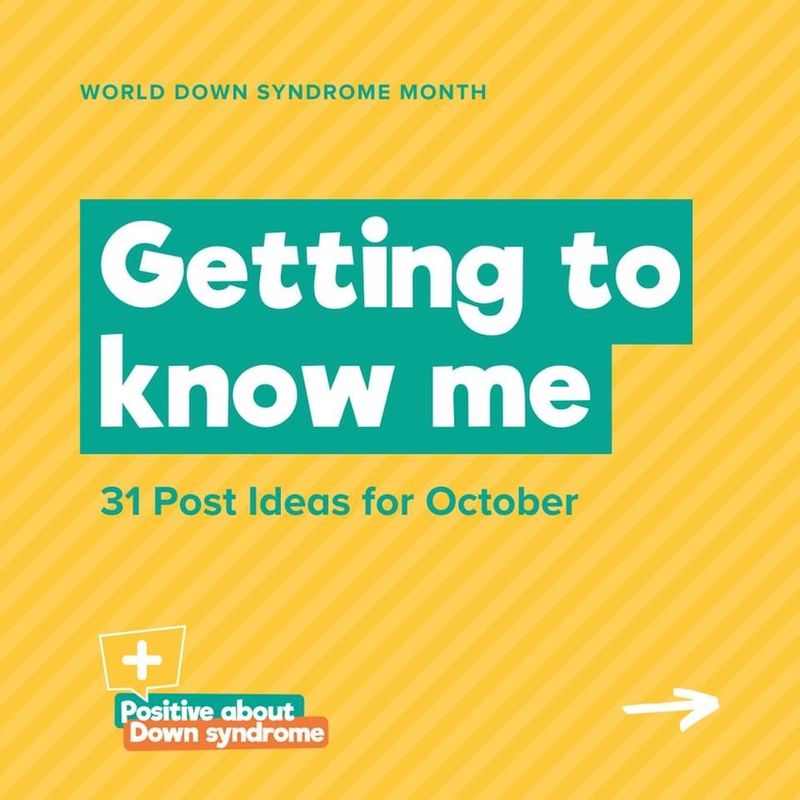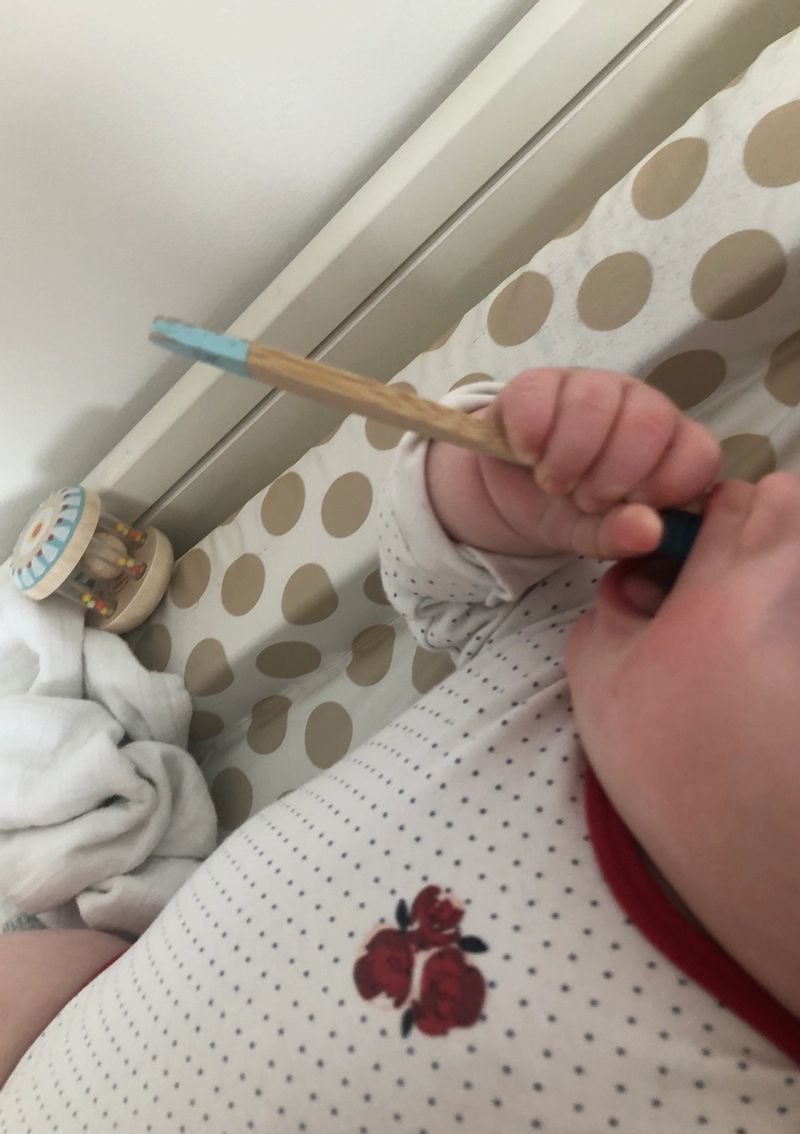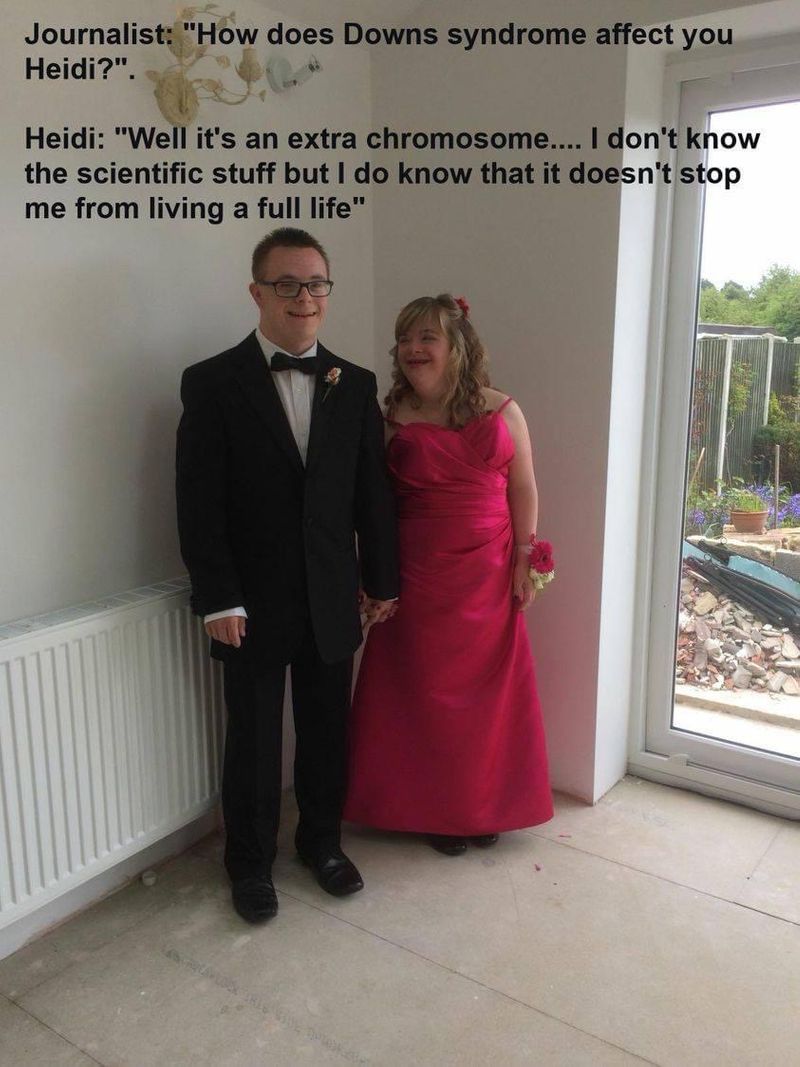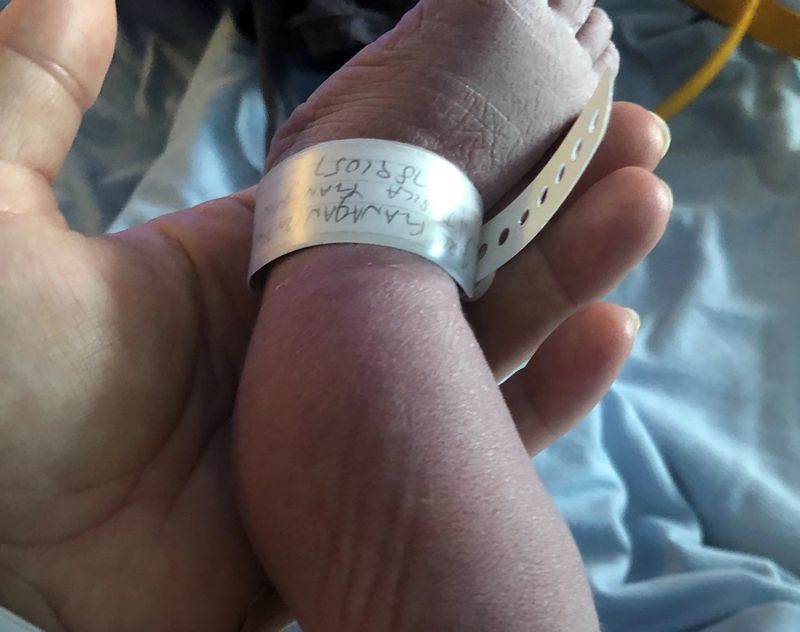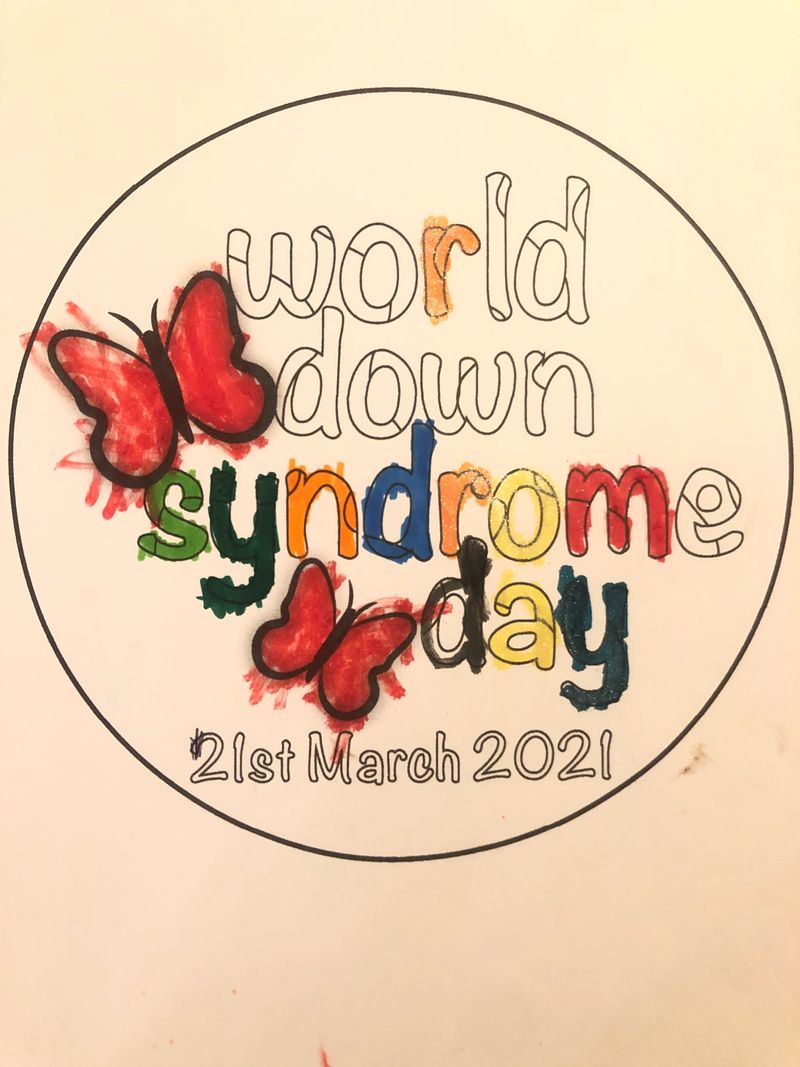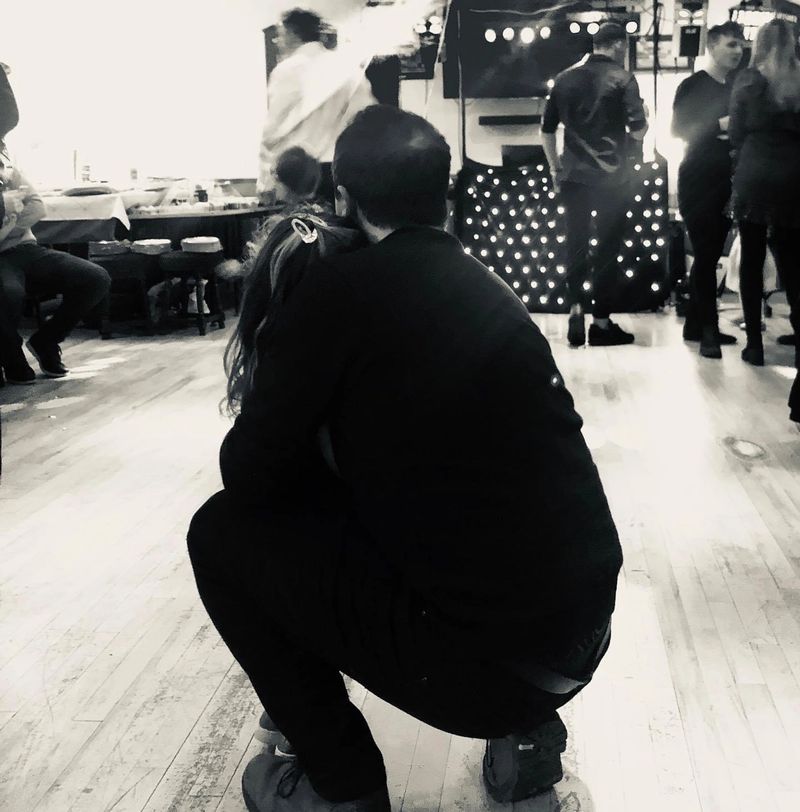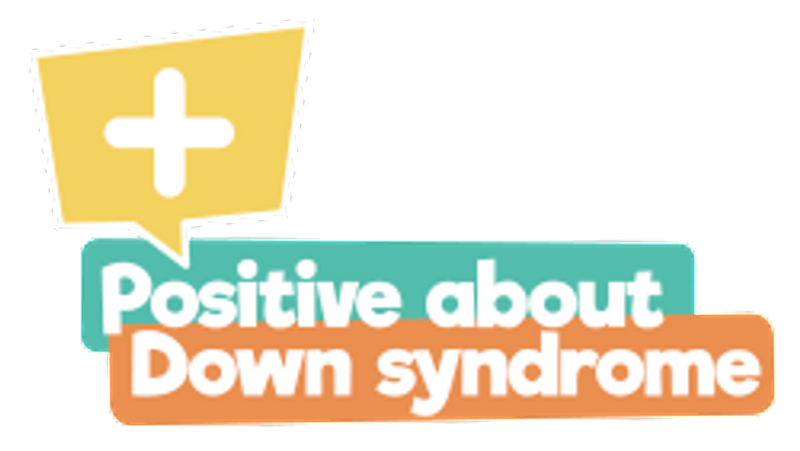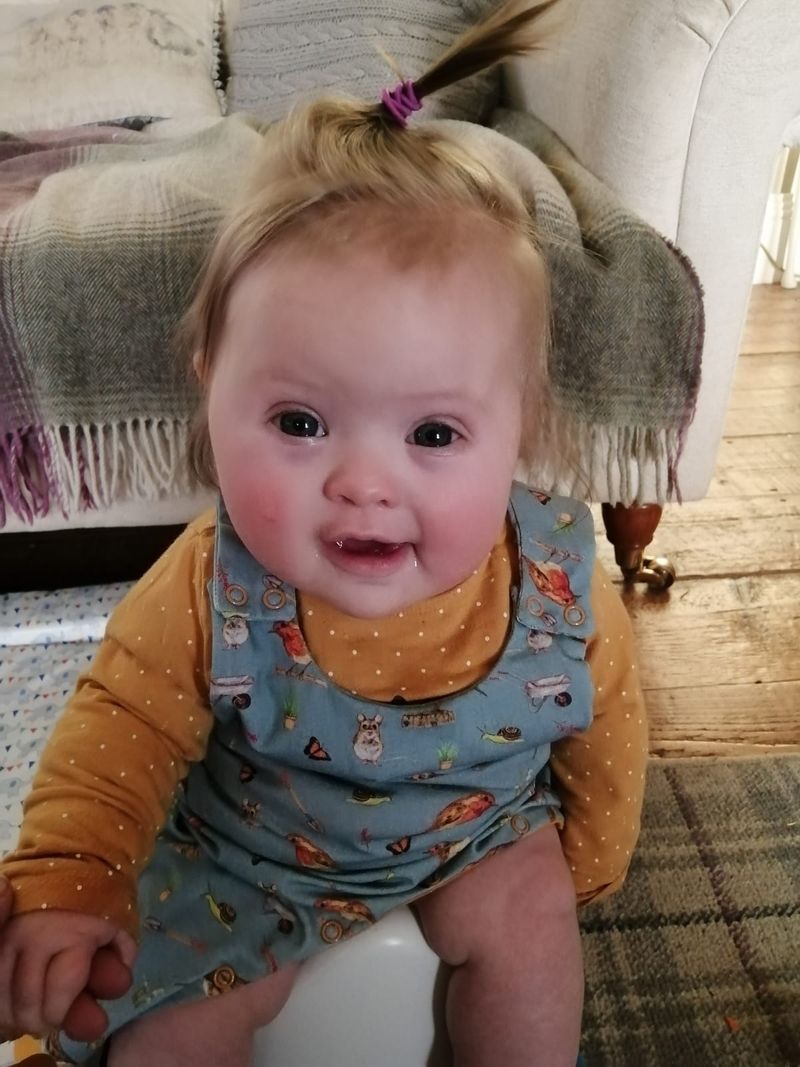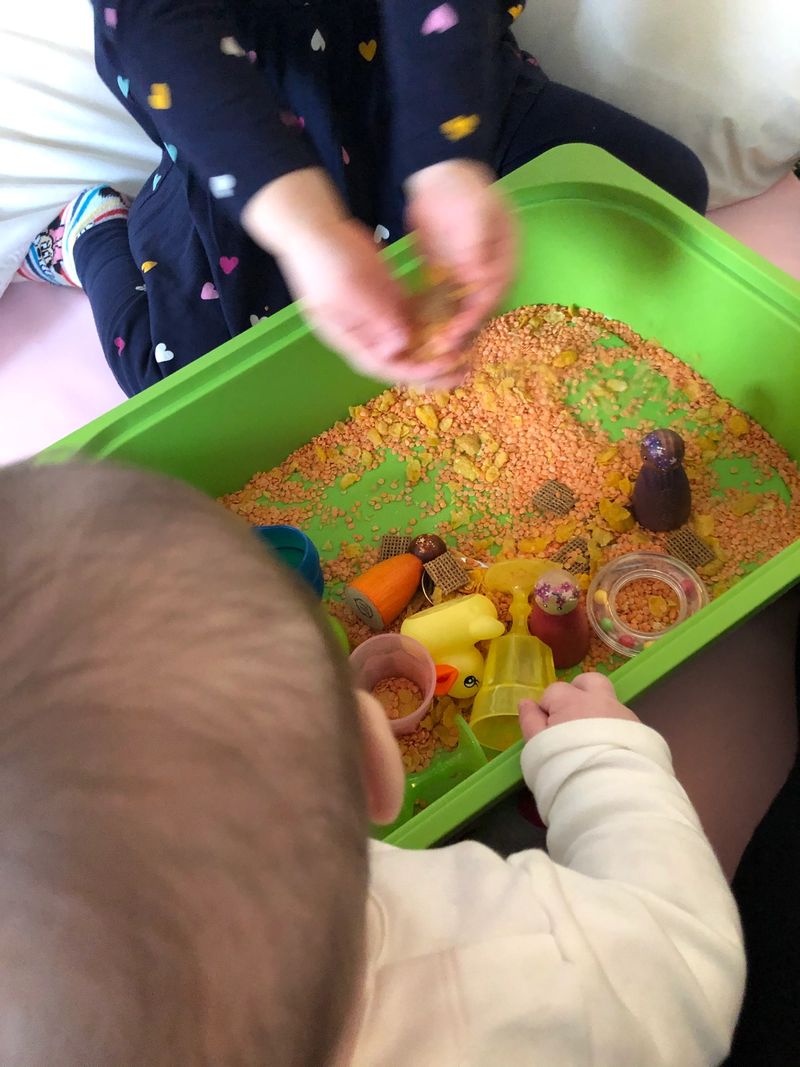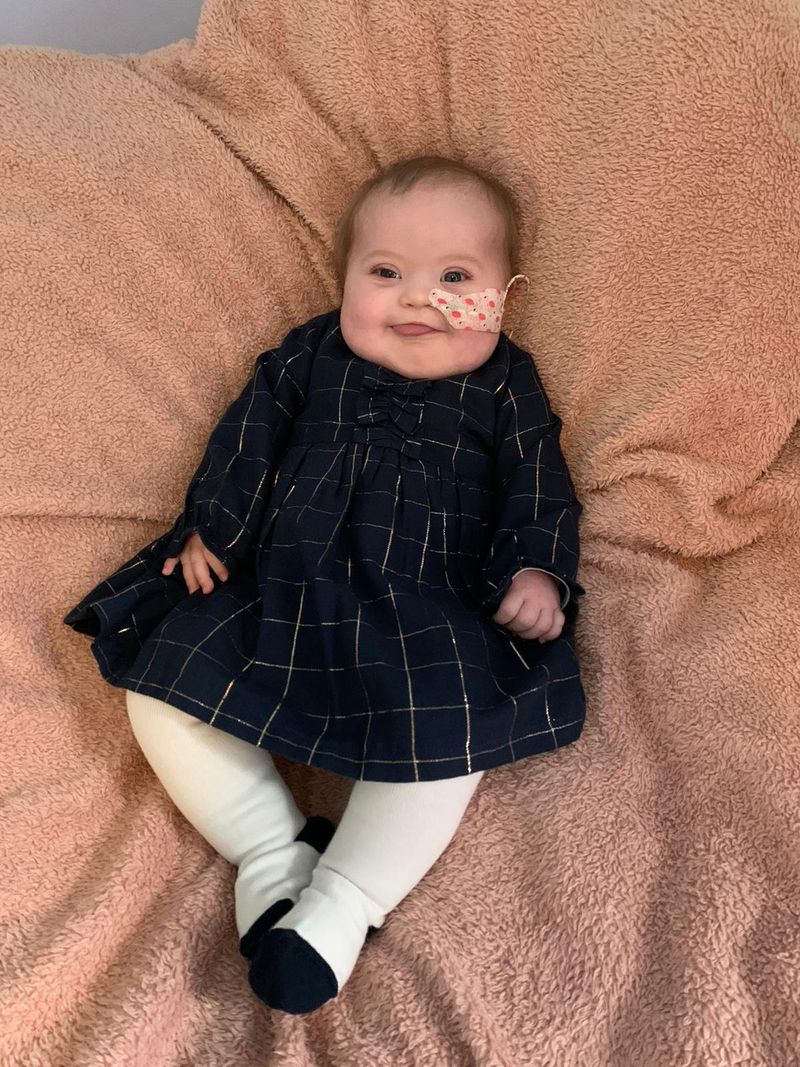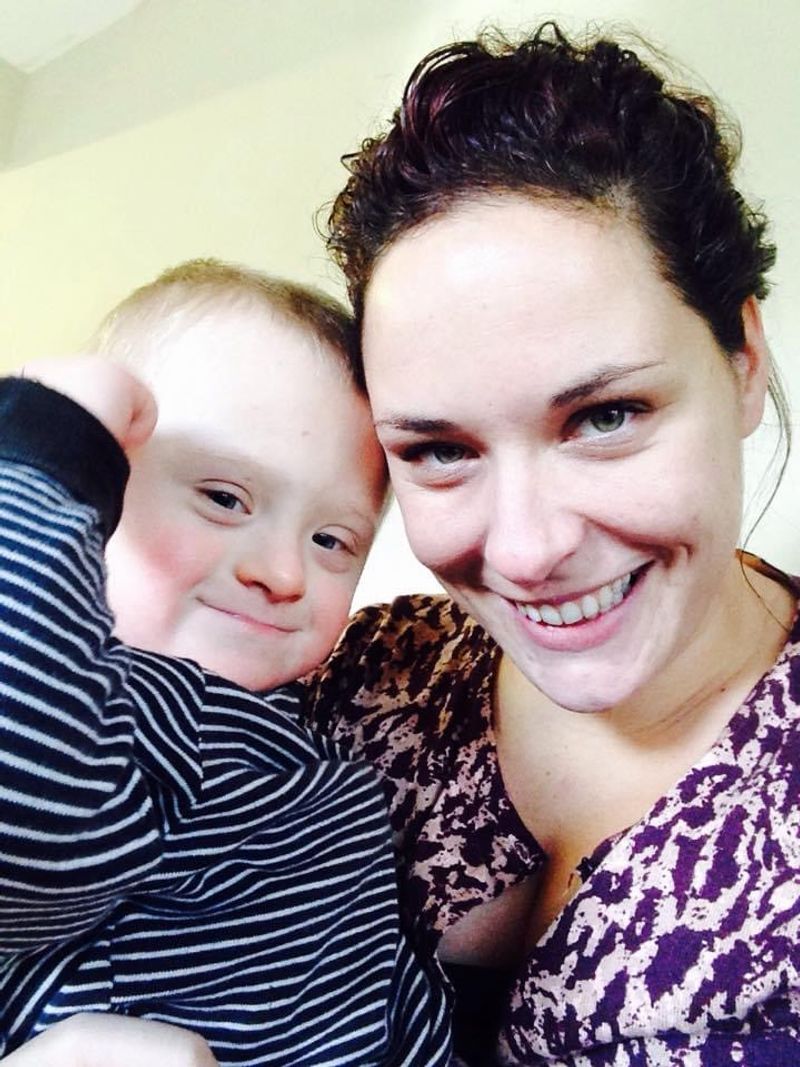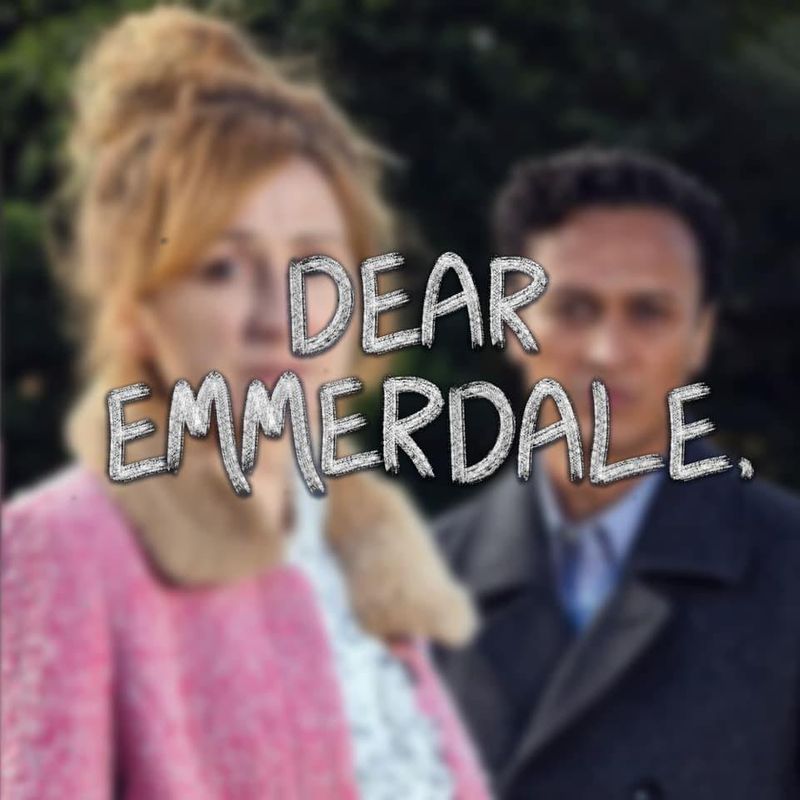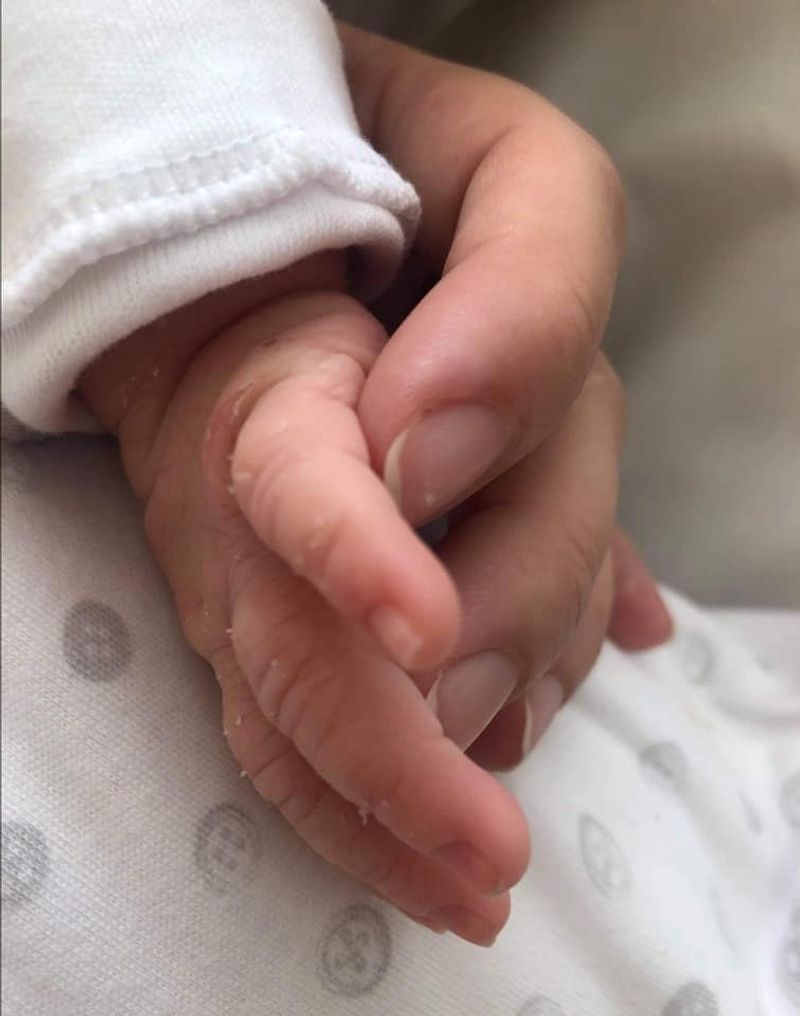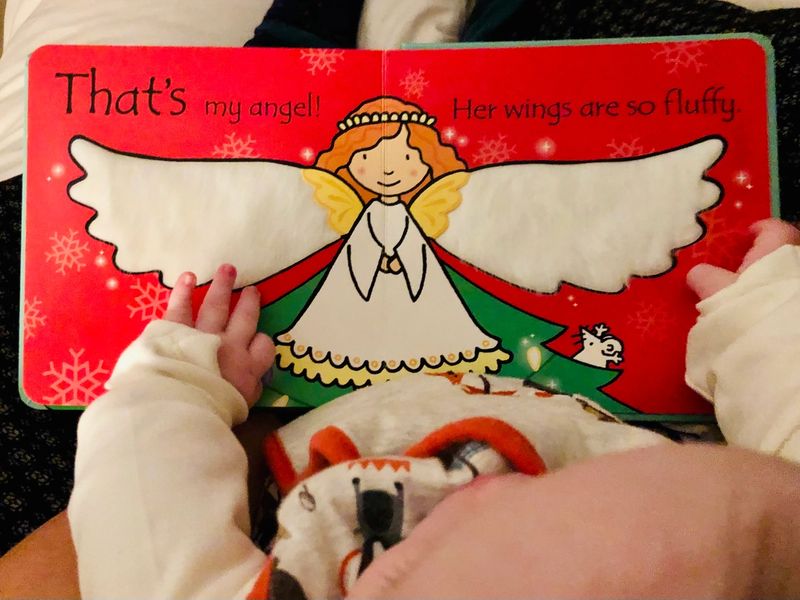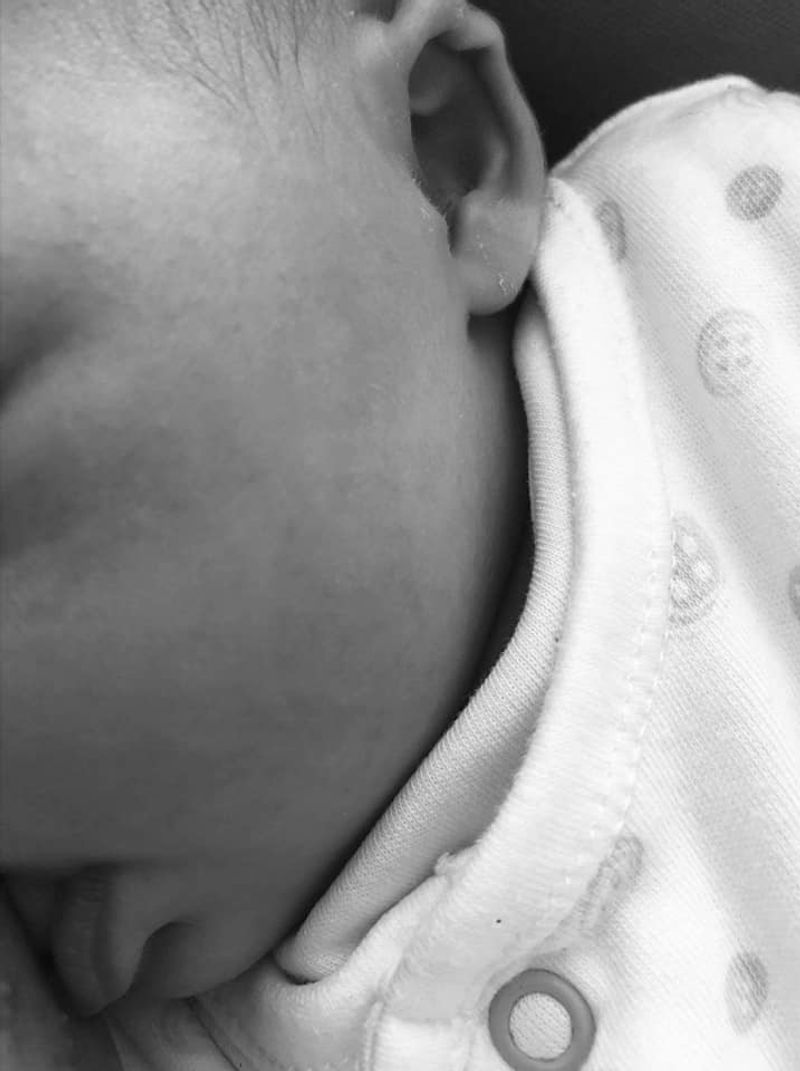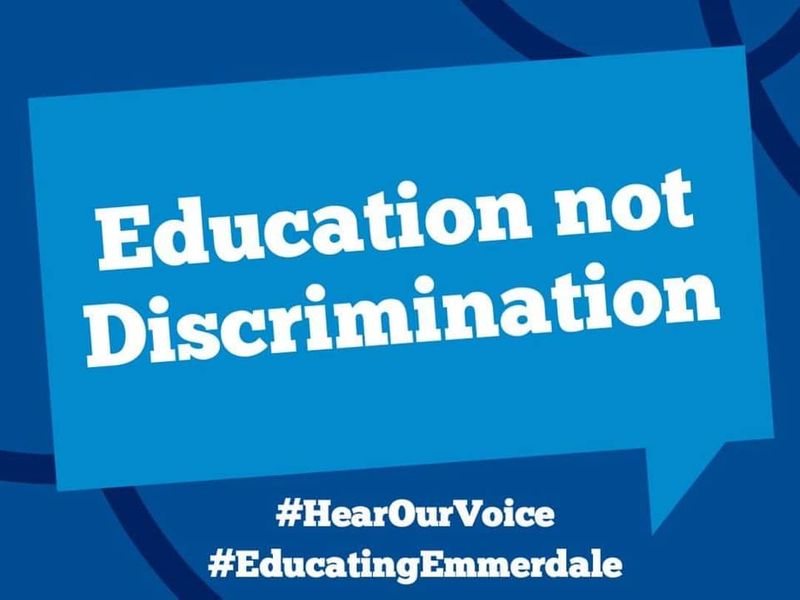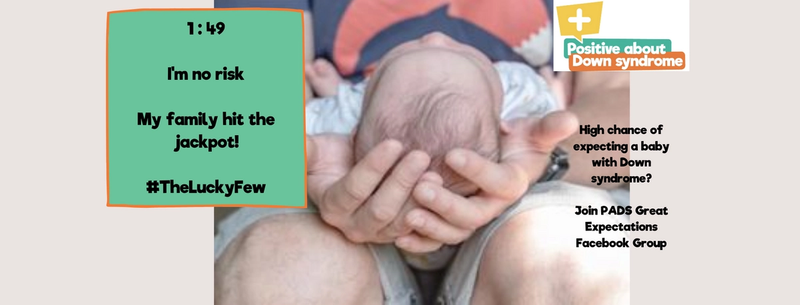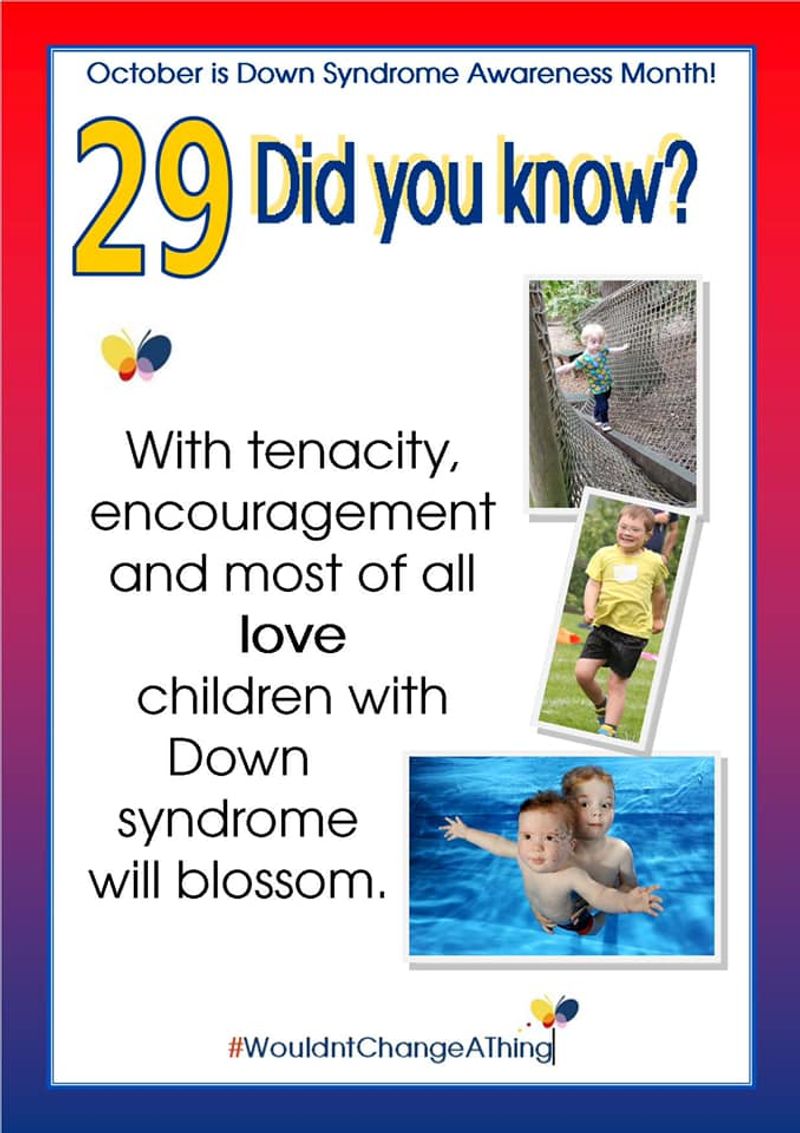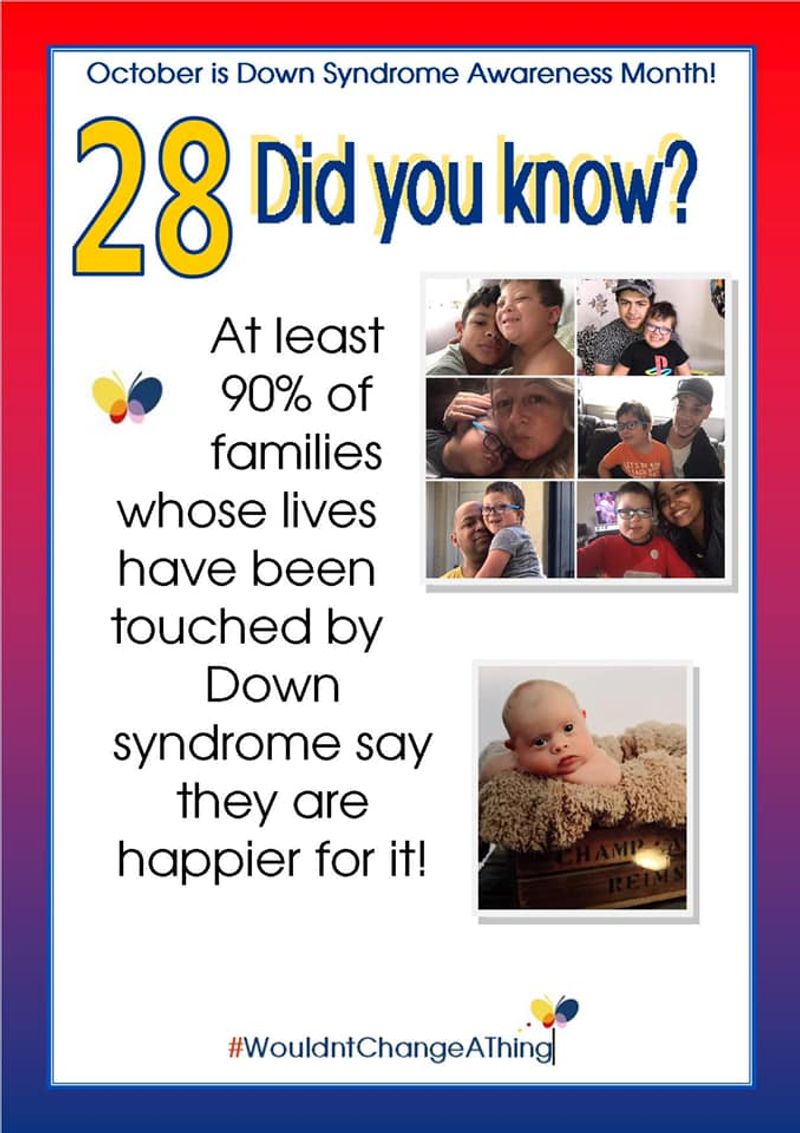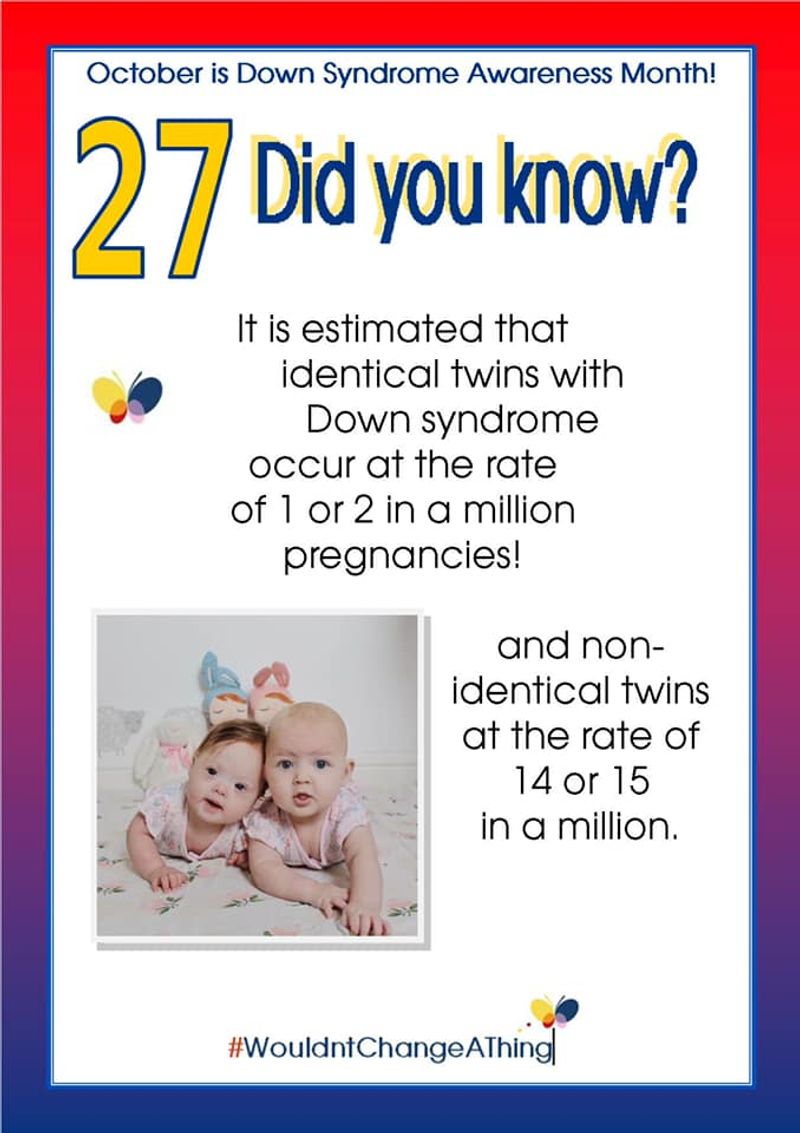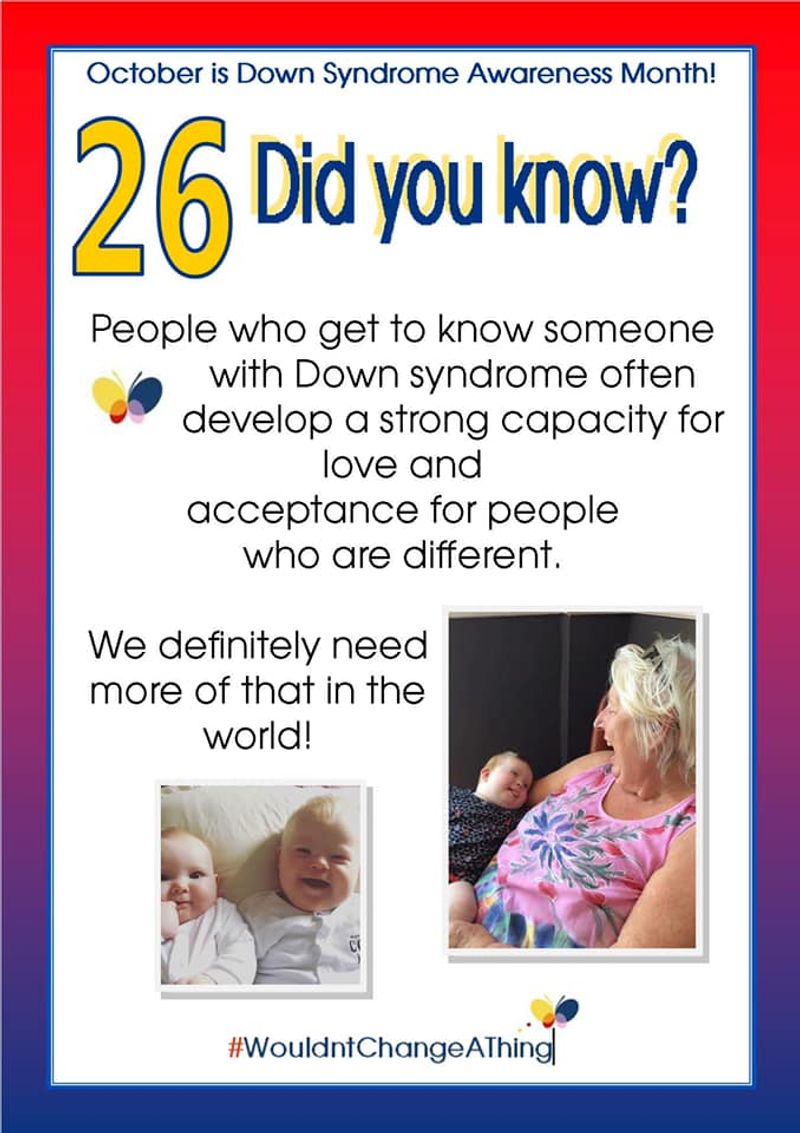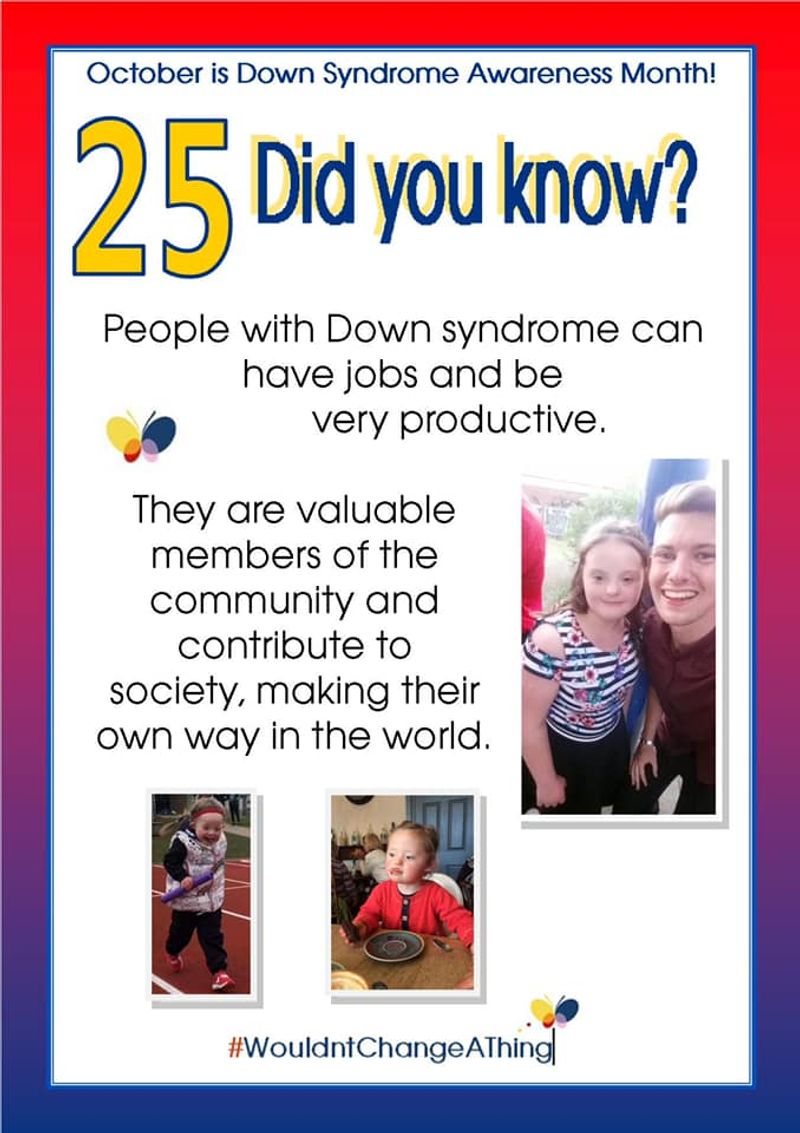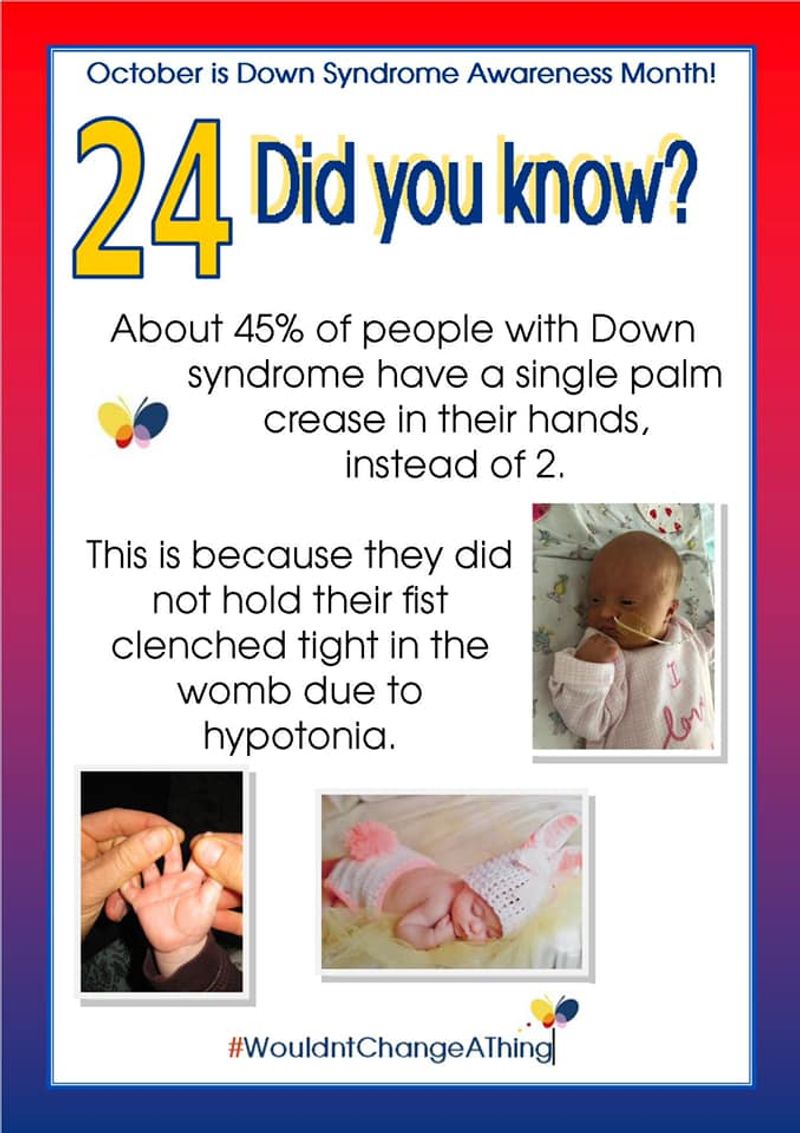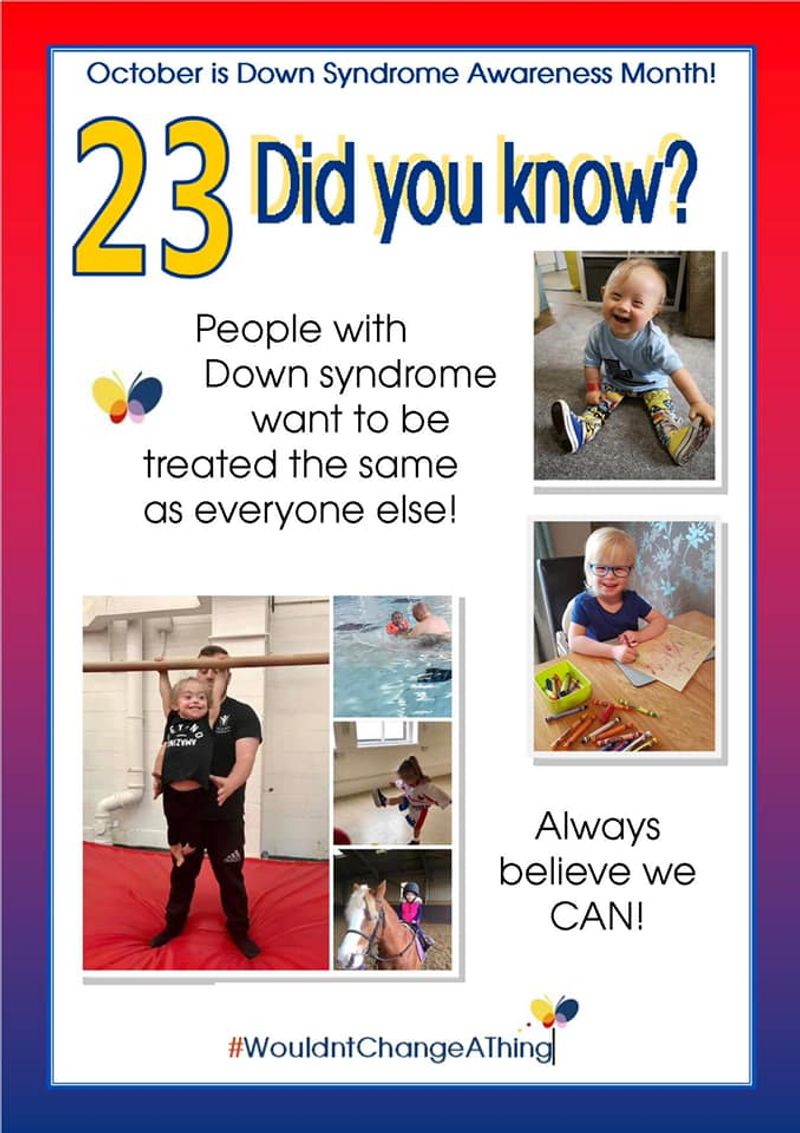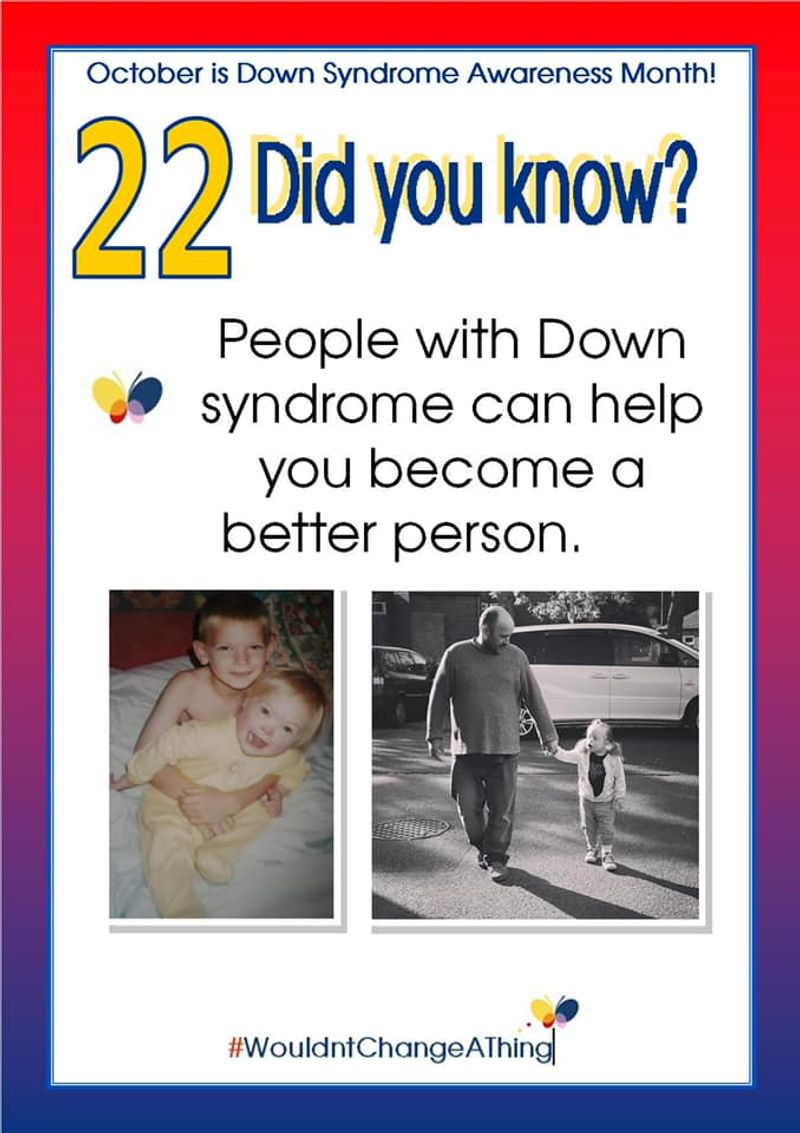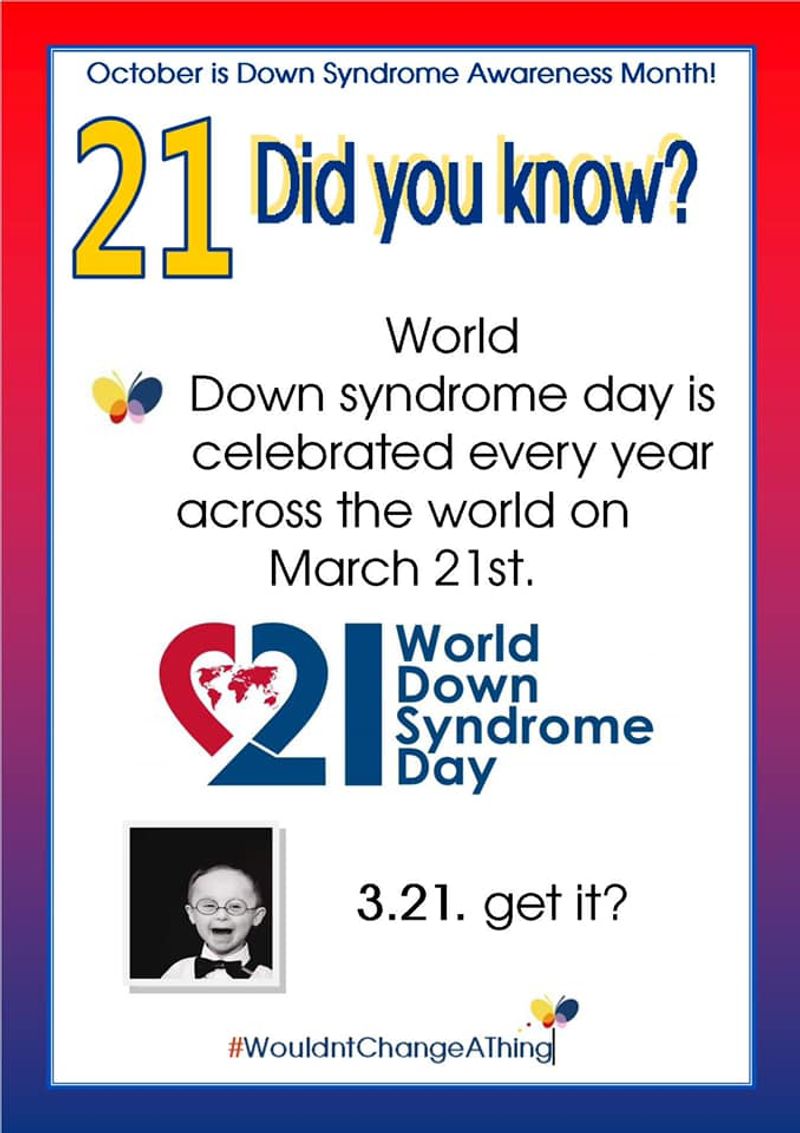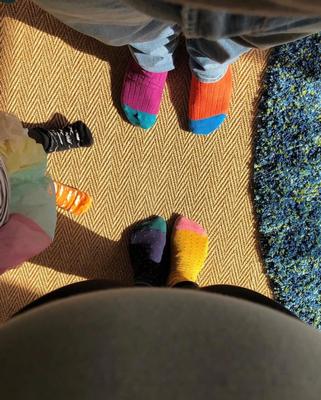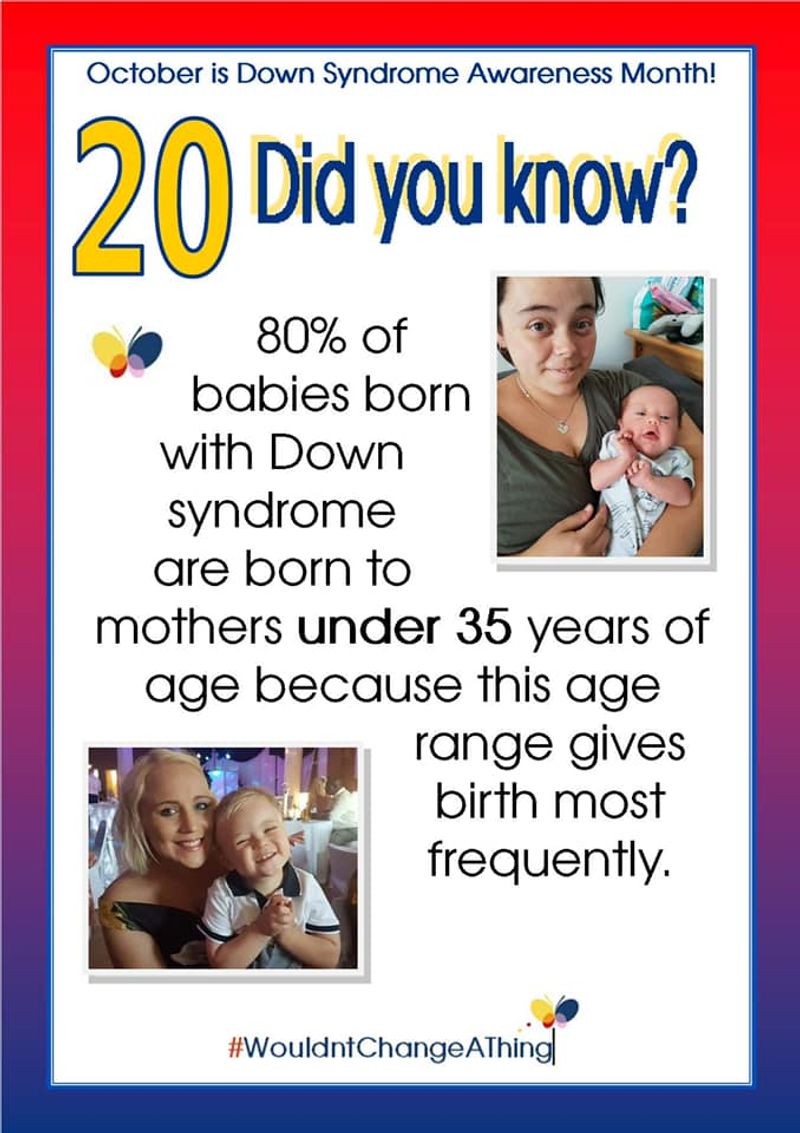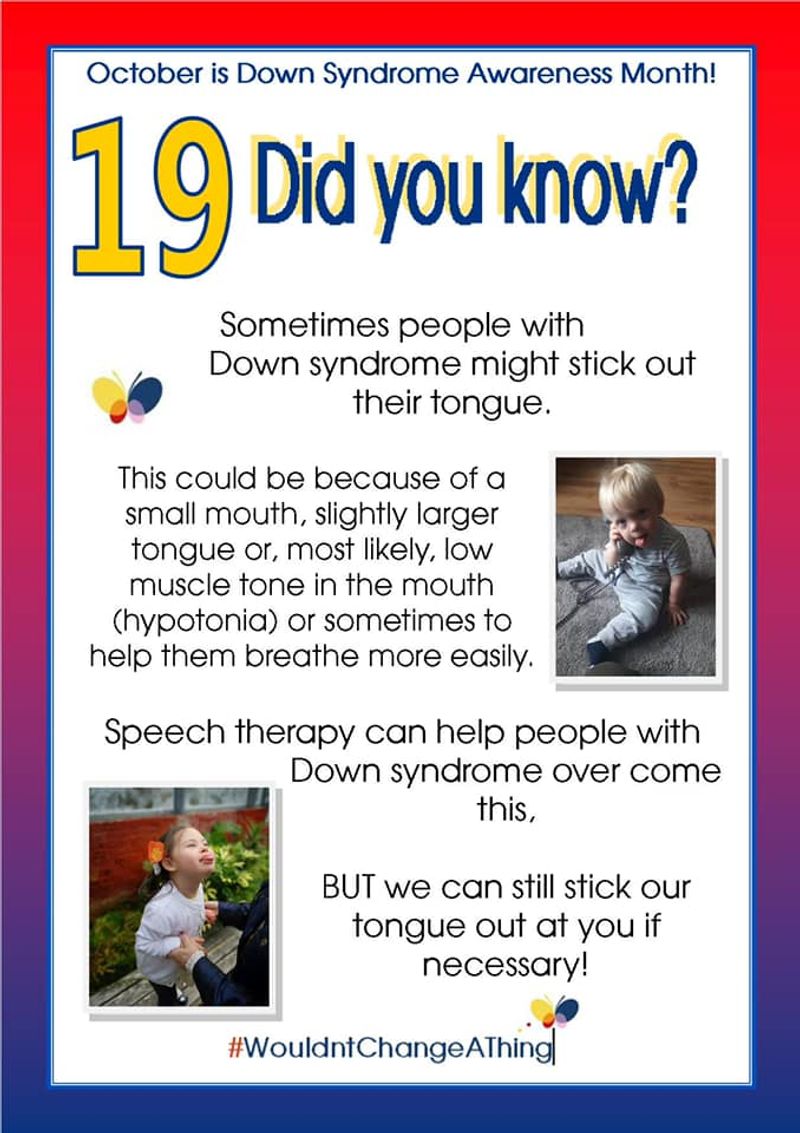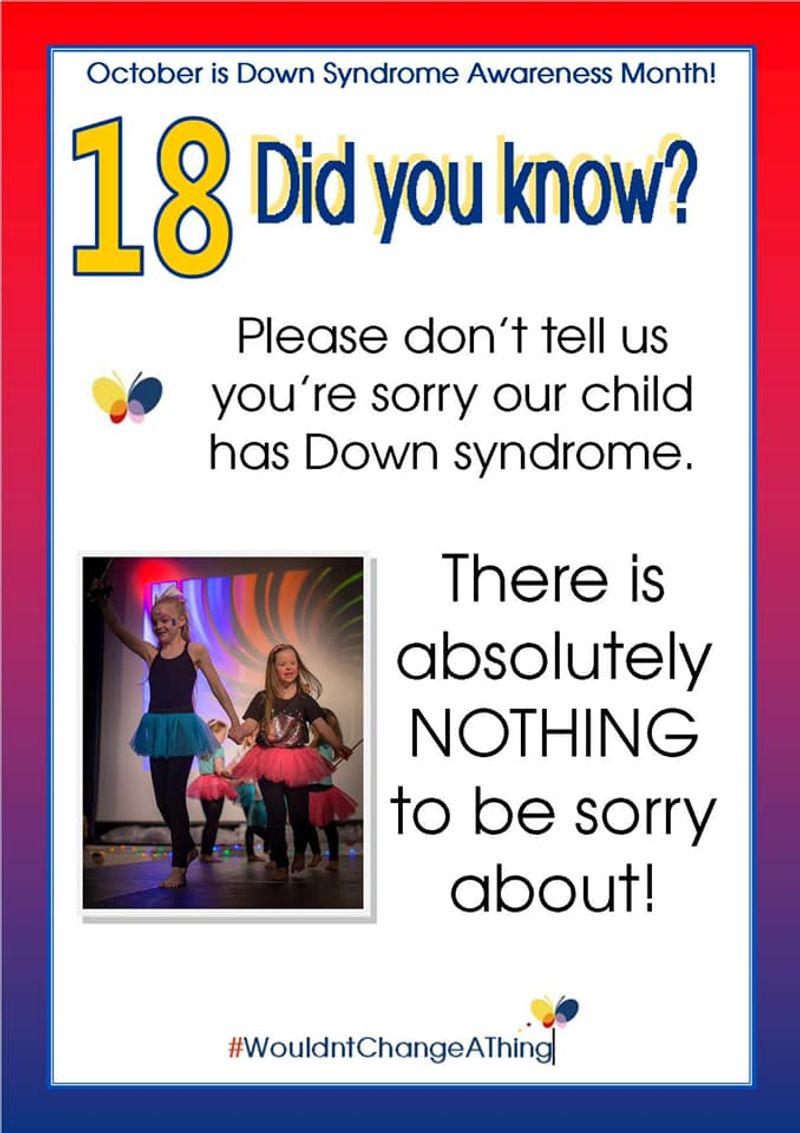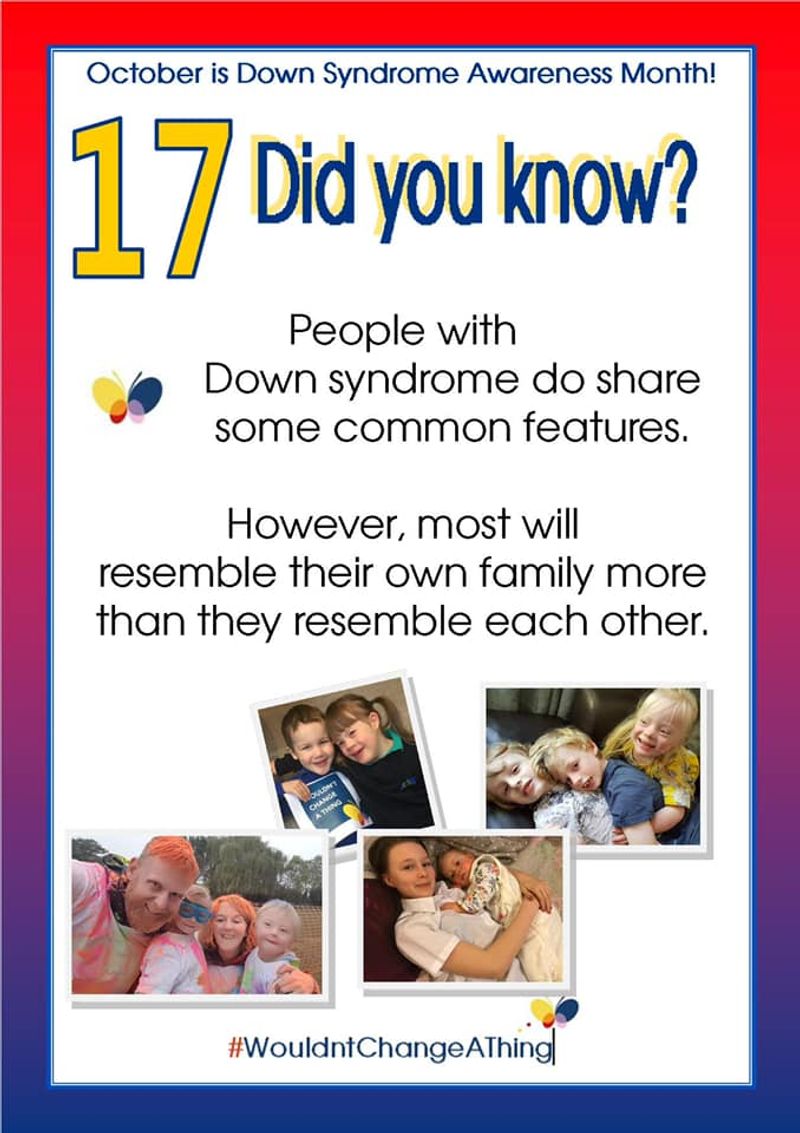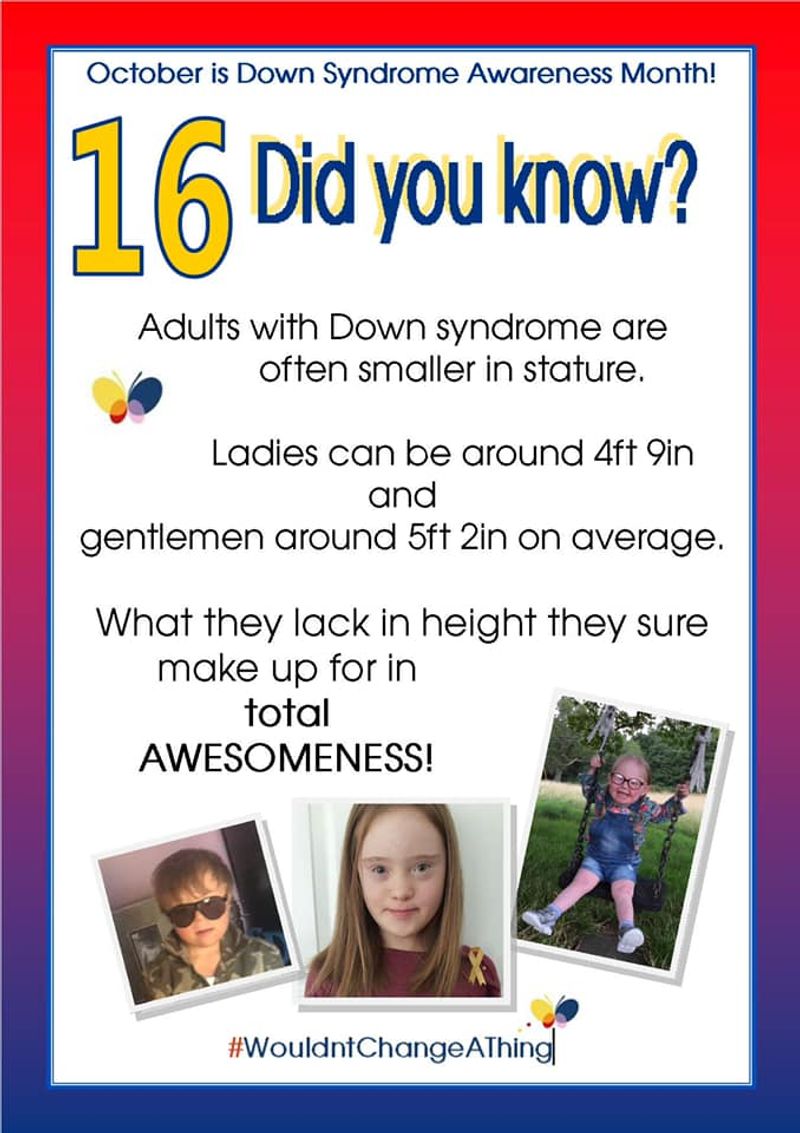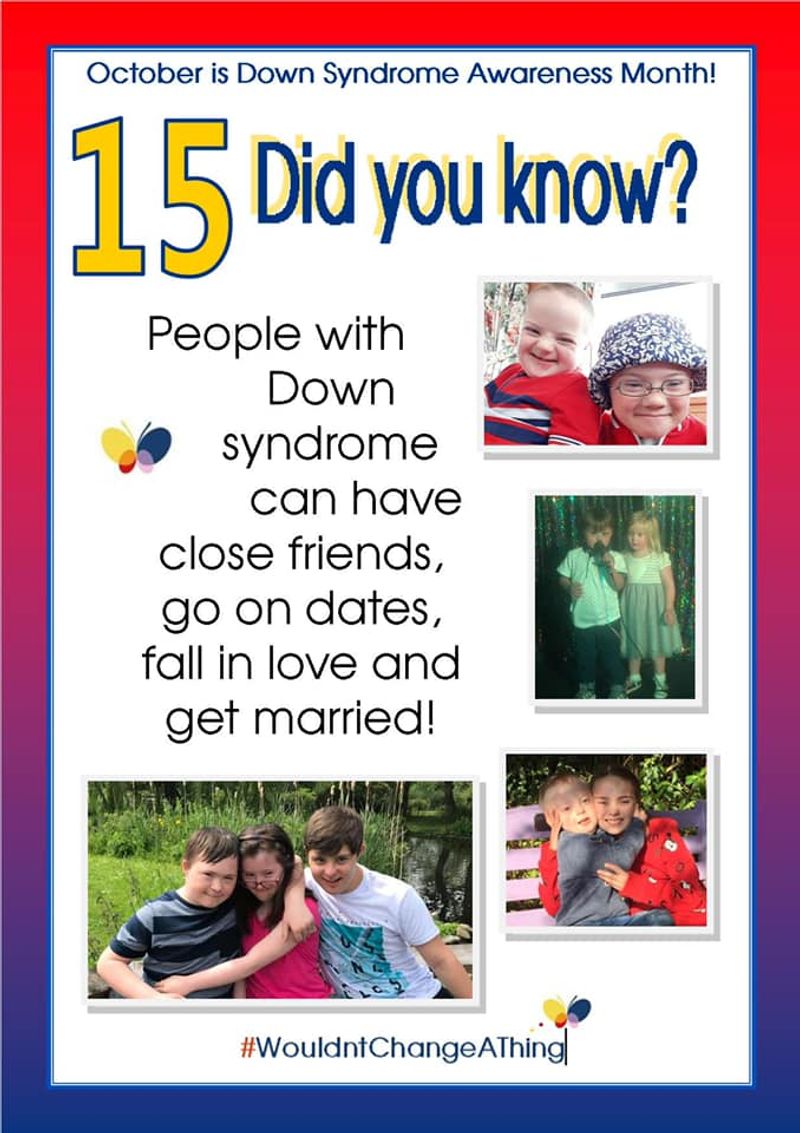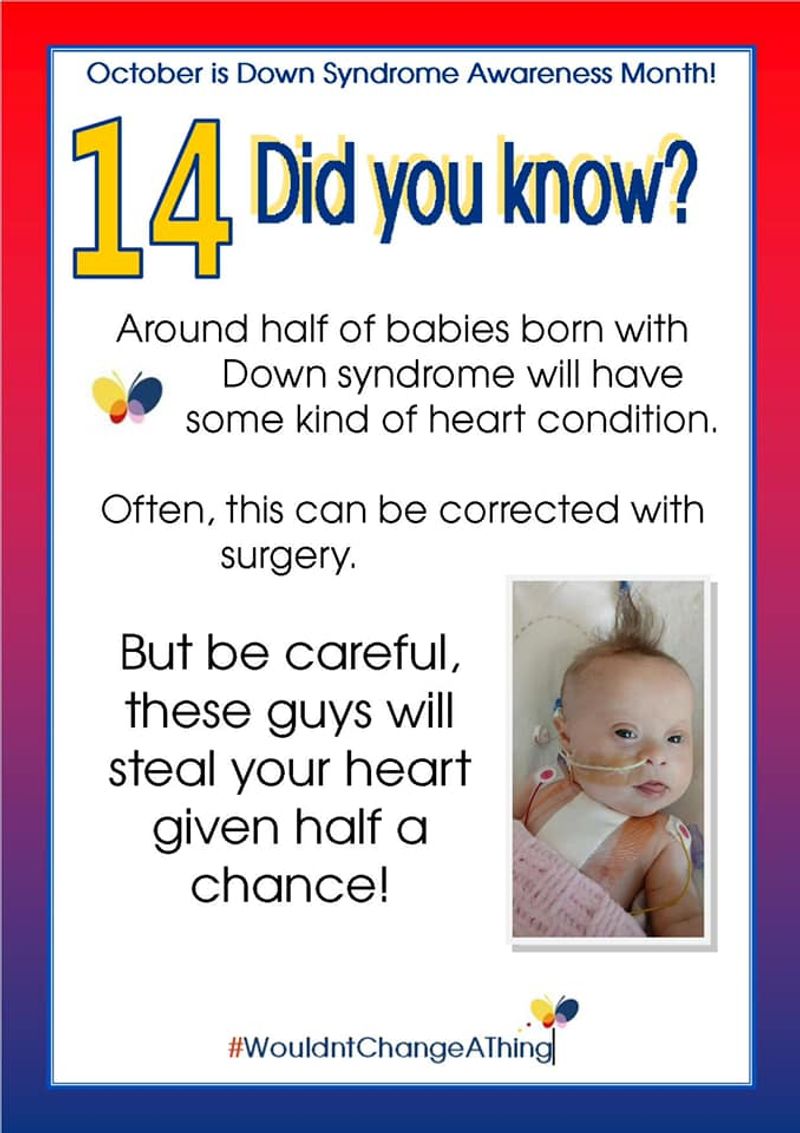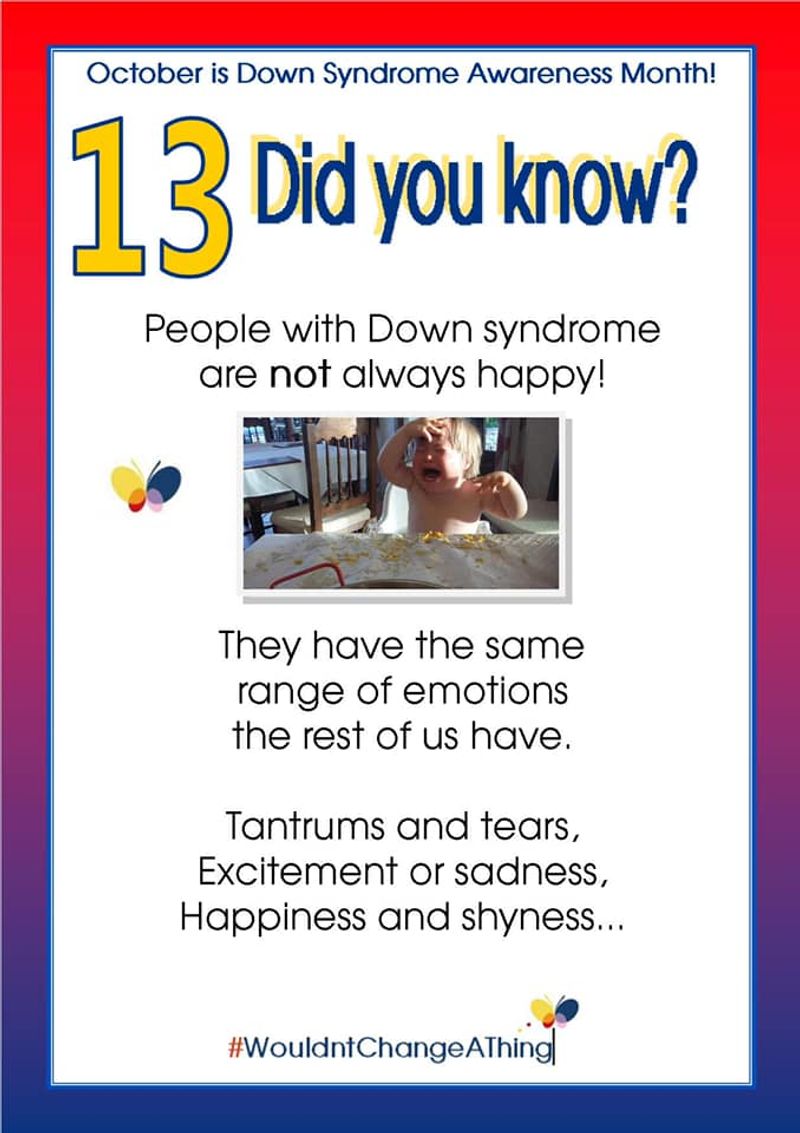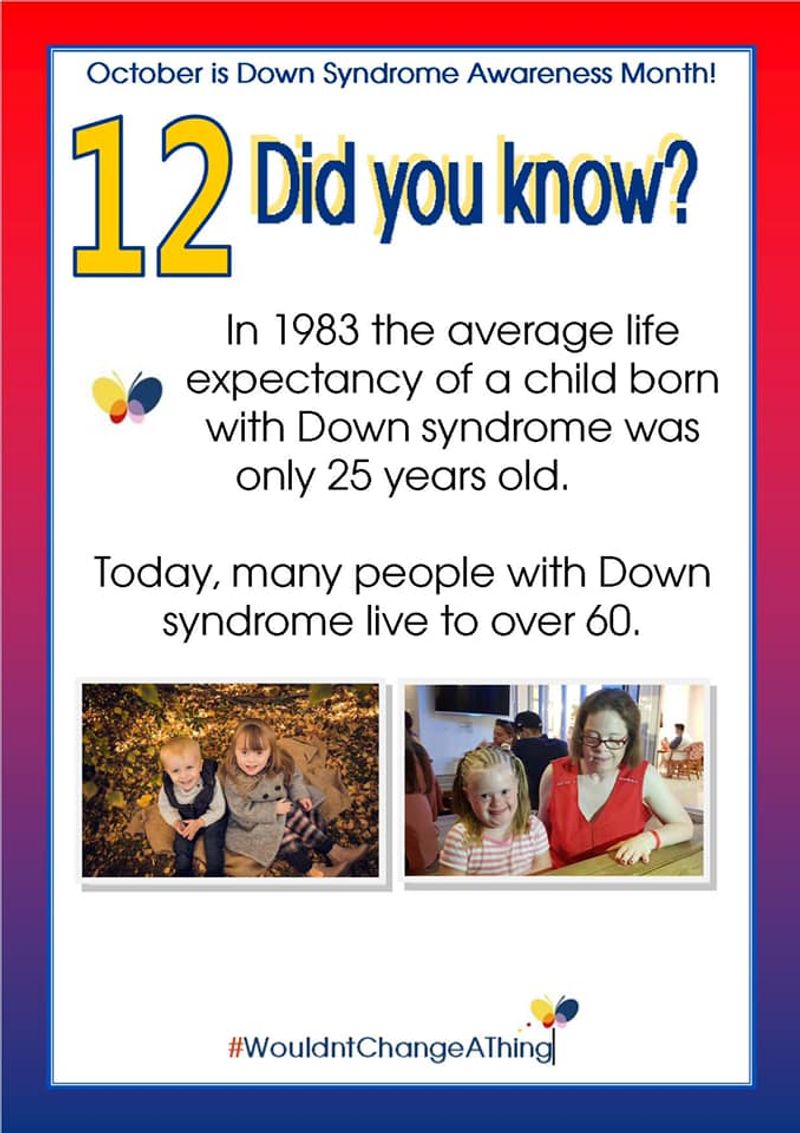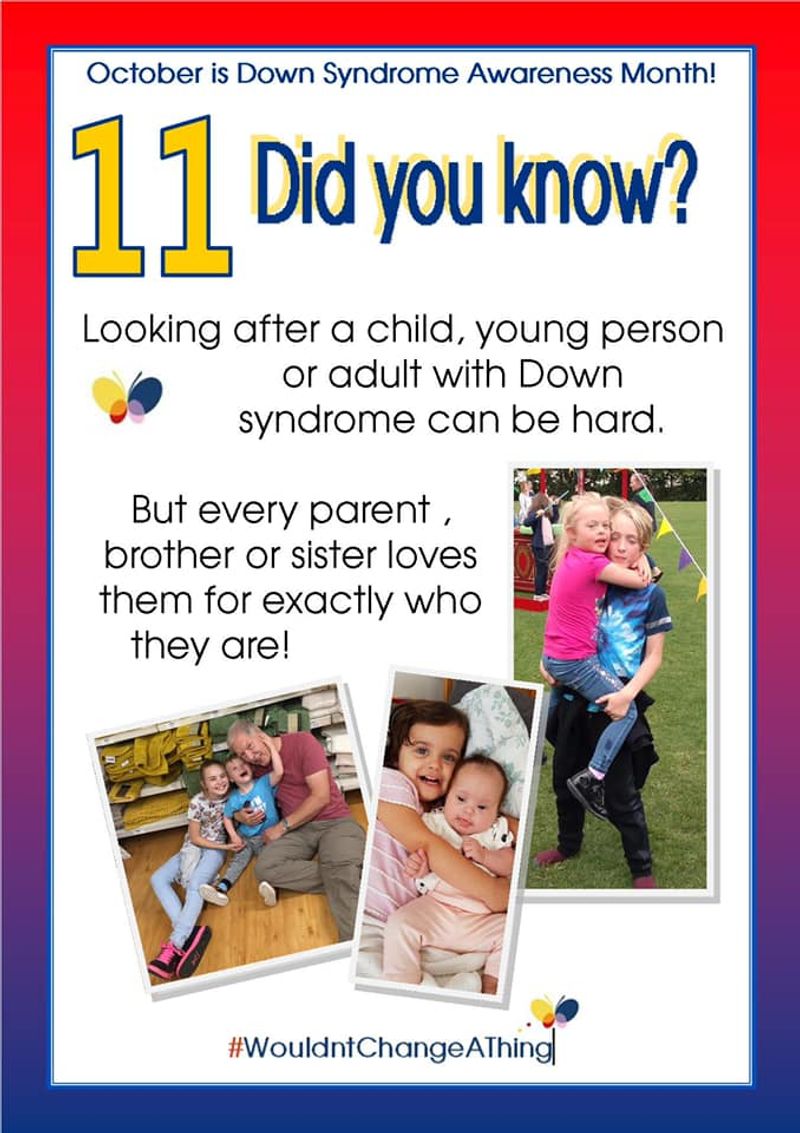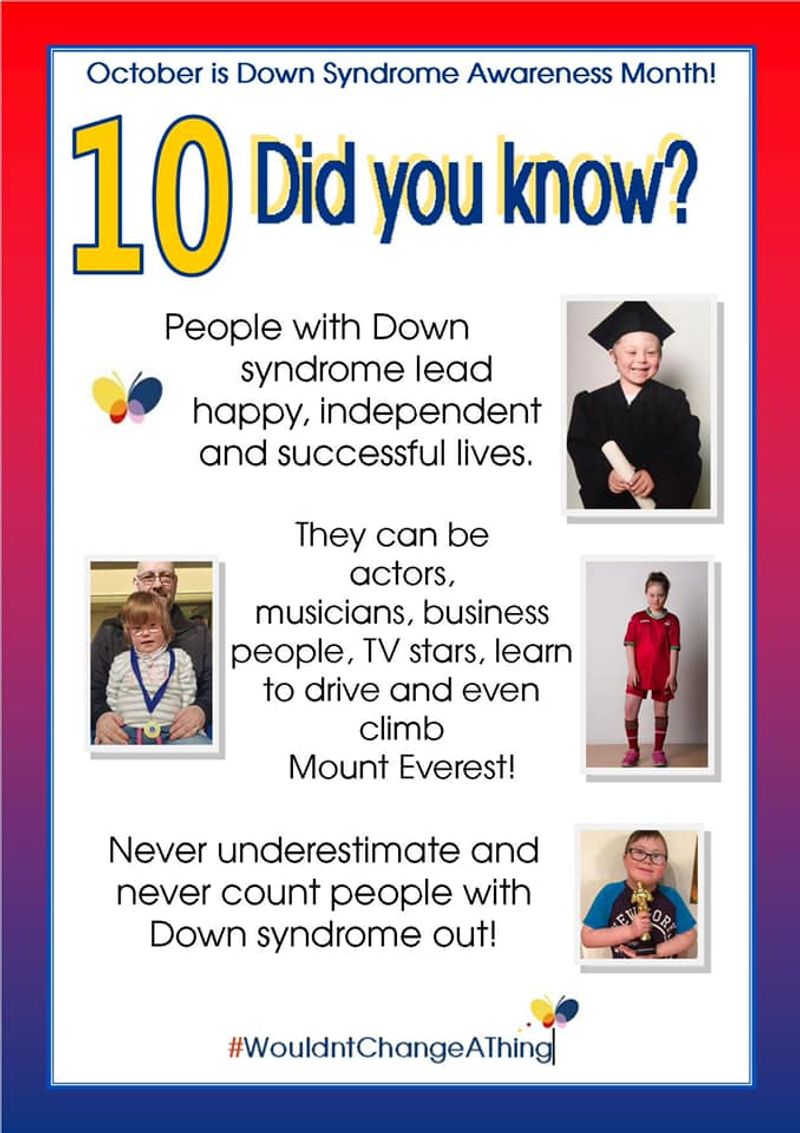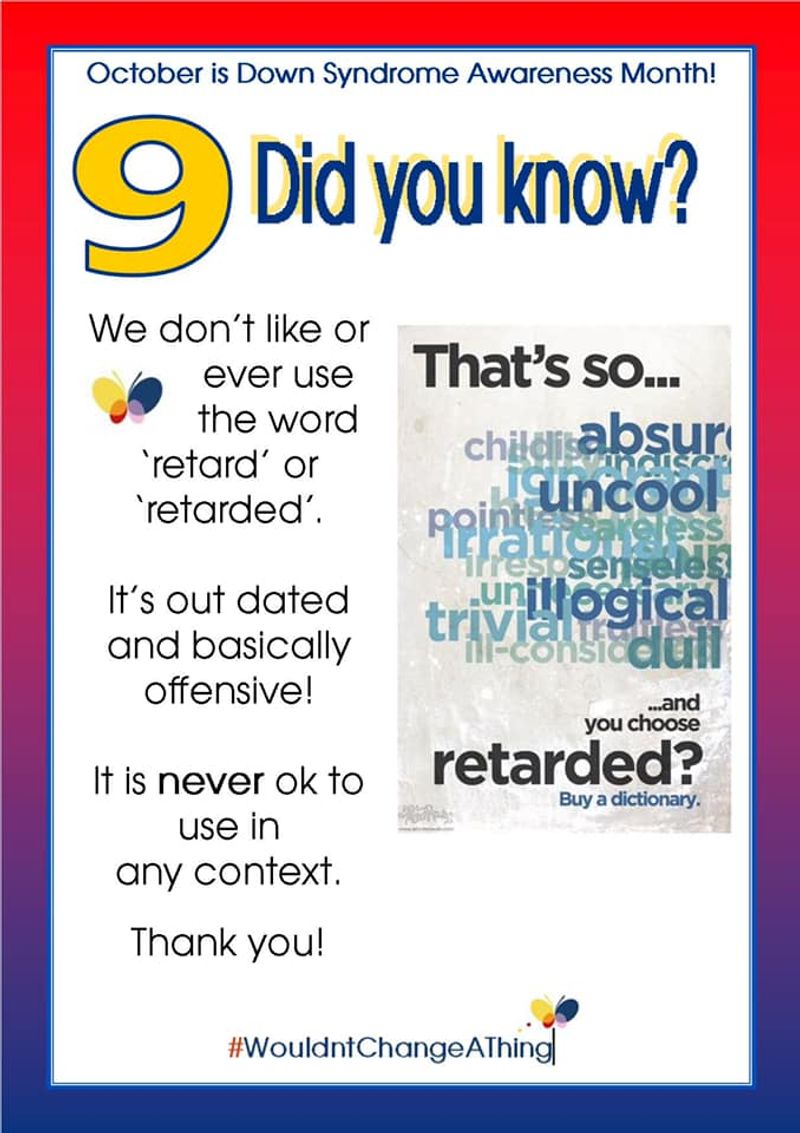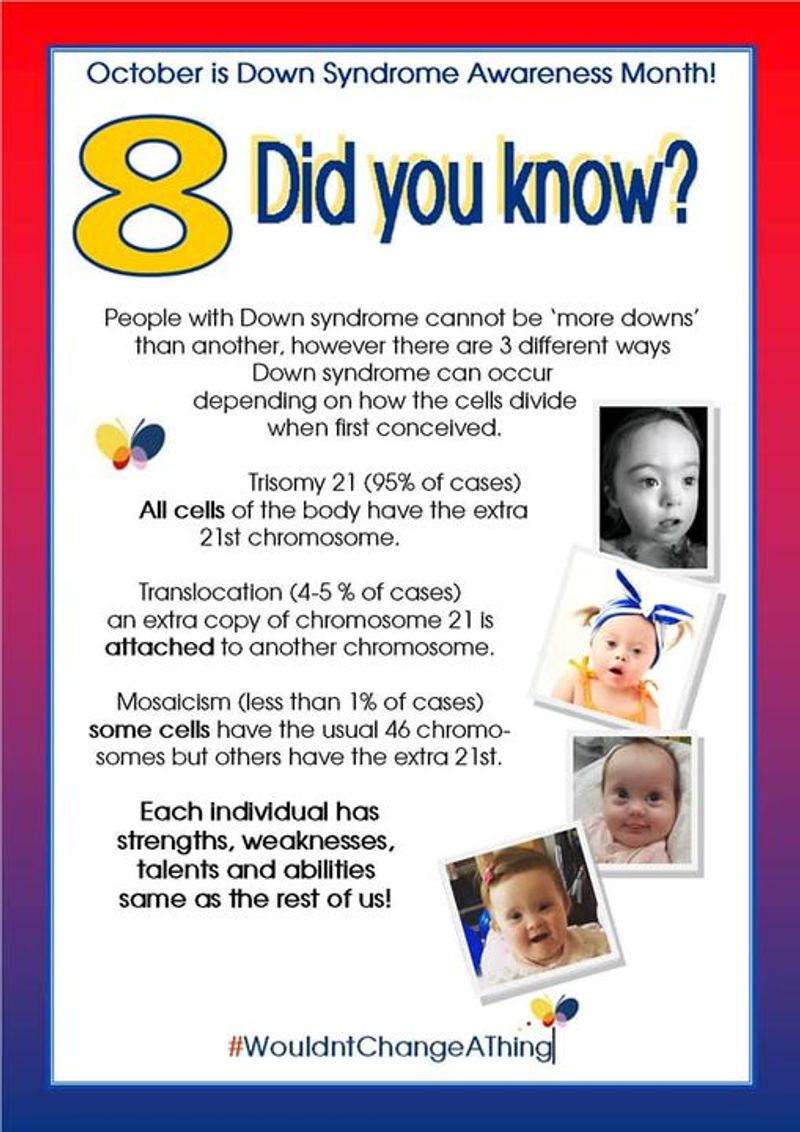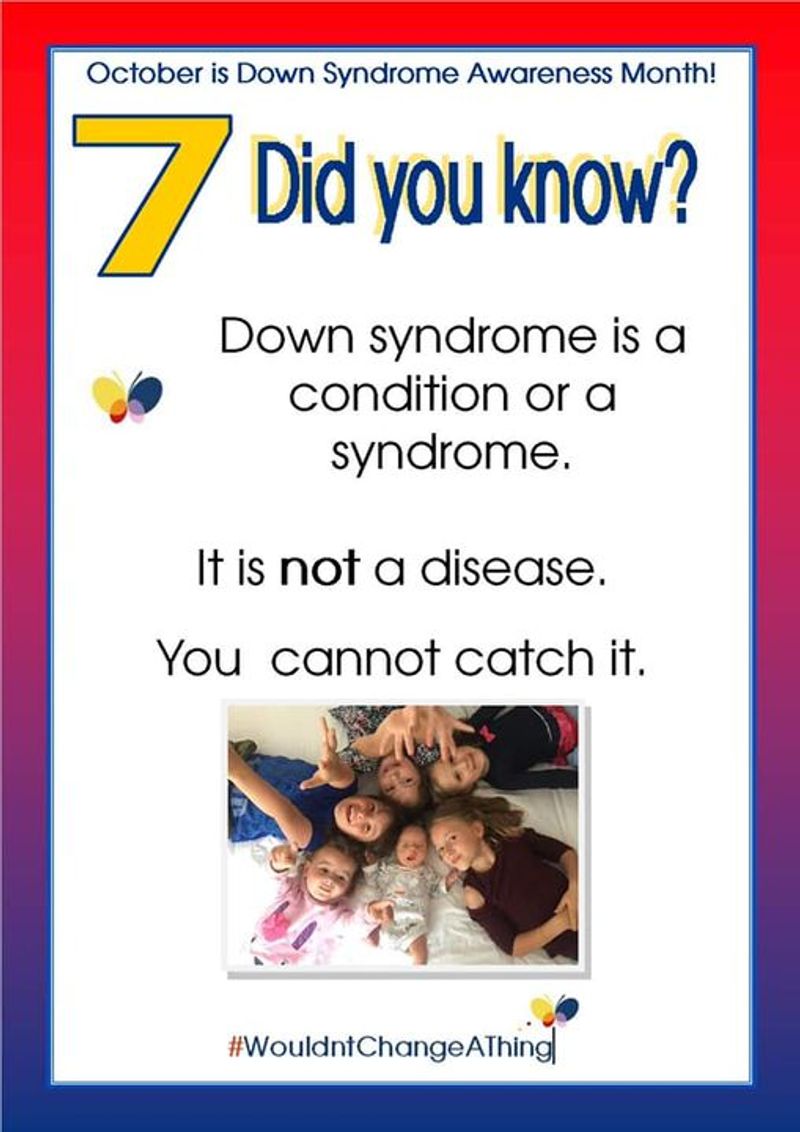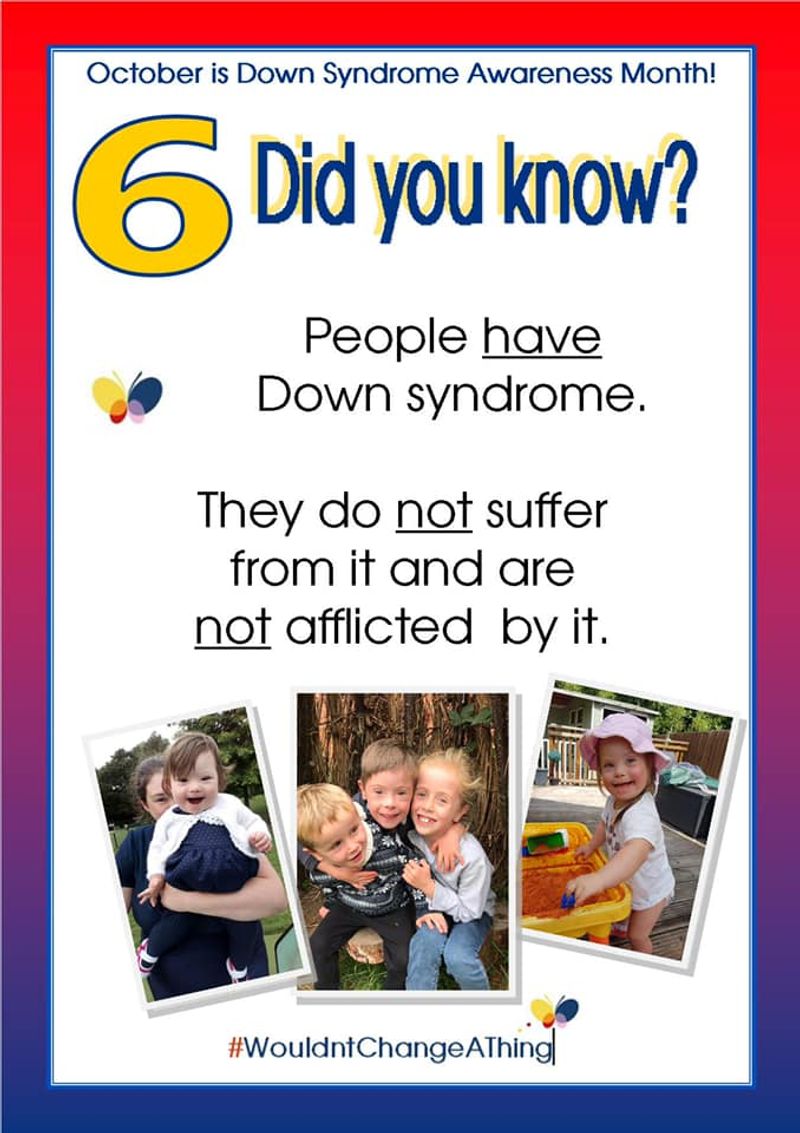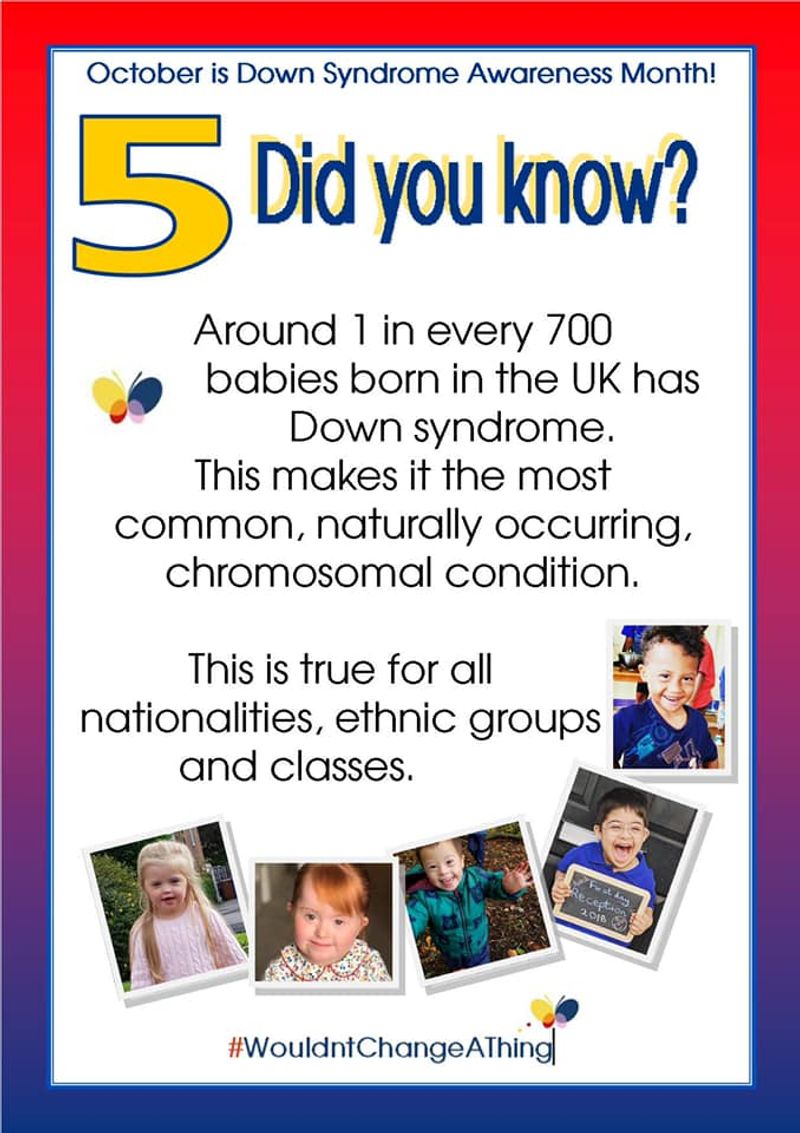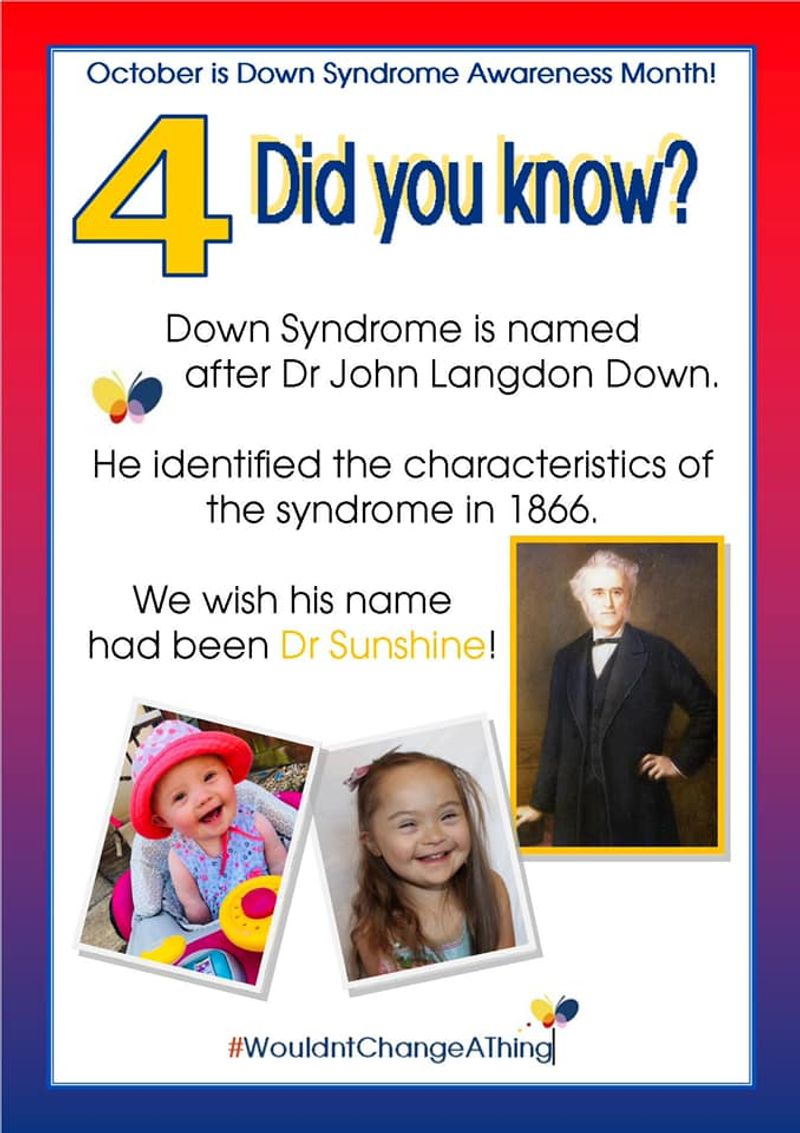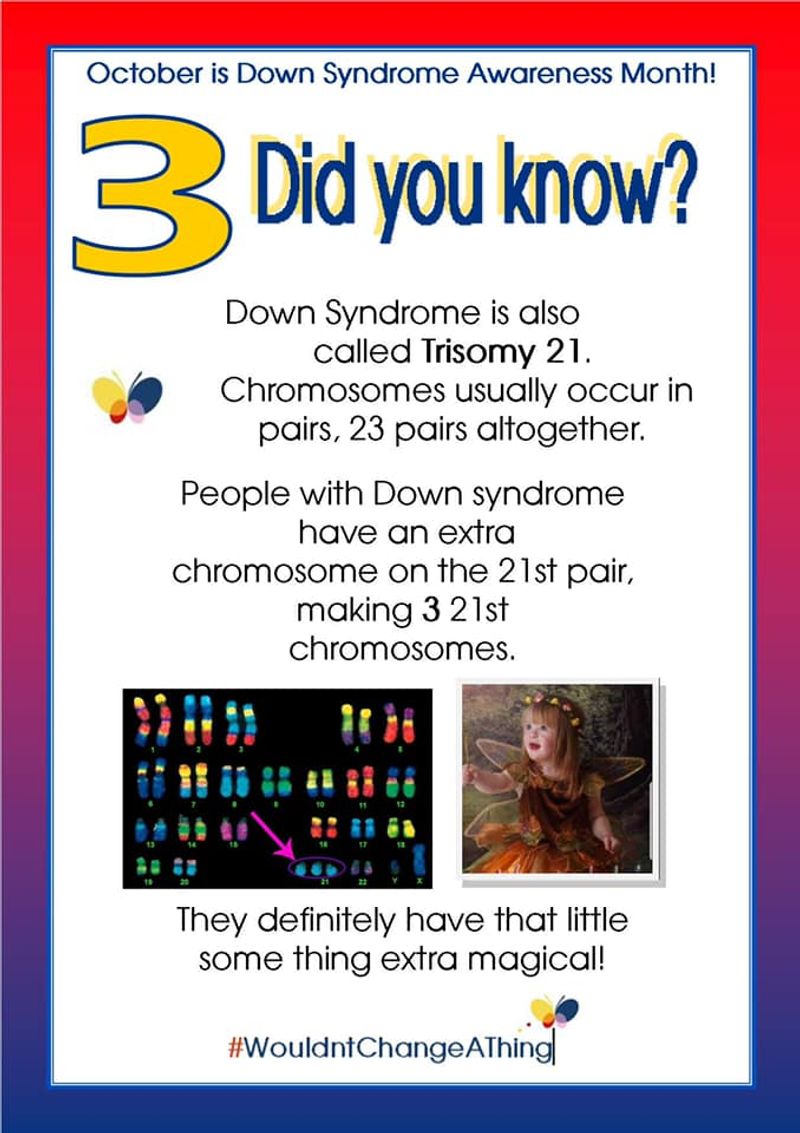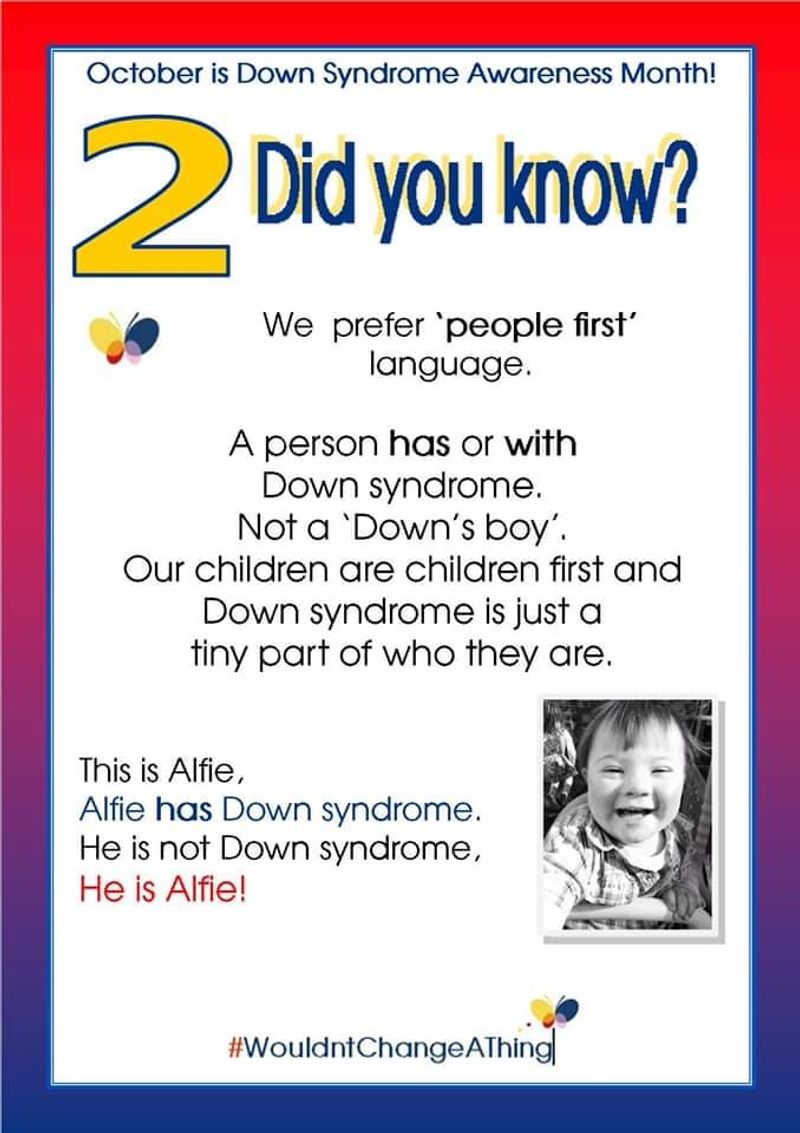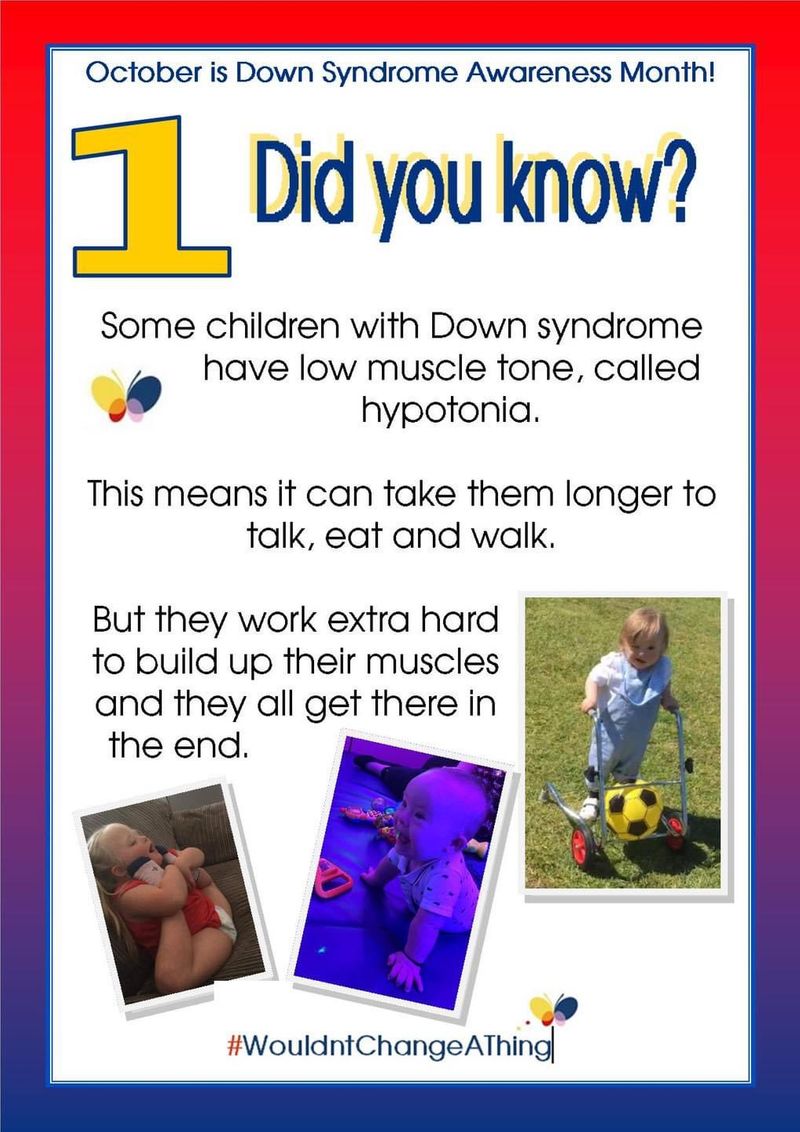If you are a fan of social media and enjoy reading about people and learning about their lives then this tip is for you. And if you don’t, then you haven’t met some of the people I want to introduce you to.
This quick win is all about curating your social media to include young people and adults with Down syndrome enjoying living their lives. I’d hope that it would go some way to help alleviate any additional worries you may have about your child’s future.
It’s very simple and very addictive - follow self advocates.
The term self advocacy has its roots in disability activism and my goodness, the first person I want to introduce you to is most definitely an activist!
Heidi is 25 and lives with her husband James.
Heidi is an activist. Not only does she speak very candidly about her life and how much she enjoys it - showing the world snippets of their day to day life as a married couple and in doing so challenging outdated perceptions about how people with Down syndrome live - she is also in the midst of a legal challenge. The discrimination challenge against the Secretary of State for Health is to be heard in the High Court and concerns the law around abortion. At present a baby that is ‘seriously handicapped,’ (s1(1)(d) Abortion Act 1967) either physically or mentally, can be aborted up to term (40 weeks). This is a really controversial topic and one that Heidi and so many people with Down syndrome, their friends and families feel incredibly strongly about.
Heidi introduces the challenge in her own words:
‘Hi! I am Heidi, I am 24. I live a very happy, fun and fulfilled life.
At the moment in the UK, babies can be aborted right up to birth if they are considered to be “seriously handicapped”. They include me in that definition of being seriously handicapped - just because I have an extra chromosome! Can you believe that?’
The case is being crowd funded and you can support the team and read more about the challenge on their page.
Heidi came to my attention just before Frida came along. Just as lockdown 1.0 lifted she married James - the love of her life - in a small ceremony. Whilst heavily pregnant and waiting excitedly for Frida to arrive I enjoyed watching their TV interviews where their love and joy was spilling out. I also watched part of their beautiful ceremony, which they had live streamed so that those who couldn't attend due to COVID-19 restrictions could watch and I was then hooked on finding out more about Heidi and her husband.
Heidi shares lots of brilliant and hilarious videos on her Facebook page - Heidi Crowter ‘Living the Dream’ where she speaks passionately about the value of her life and how she challenges outdated perceptions of life as a person who happens to have Down syndrome.
Heidi is hilarious, bright, witty and her attitude towards people who think she is somehow valued less than others is direct, clear and frequently full of very well aimed sass.
We can never tell what our children are going to do when they are older or how they are going to be. We can only hope that they will lead happy and fulfilled lives, have respect for themselves and be valued for who they are.
Heidi says that her parents treated her no differently to how they treated her siblings and we could all learn a lot from that. It comes across that they didn’t put limits on her and had expectations that she would succeed, in whatever way success meant to her.
Heidi is funny. She is loved, valued and respected. Heidi is an activist. Heidi is married. She has a job. Heidi is sassy and has an army of supporters right behind her as she takes her case to court.
One of my favourite Feminist quotes is ‘well behaved women seldom make history’ and I have a feeling that my girls will be learning all about Heidi as they grow up. Get to know Heidi now. You won’t regret it.
[Photograph is Heidi and James stood smiling together, wearing Black Tie outfits and the words: Journalist: "How does Down syndrome affect you Heidi?" Heidi: "Well, it's an extra chromosome... I don't know the scientific stuff but i do know that it doesn't stop me from living a full life." and is used here with Heidi's permission].


